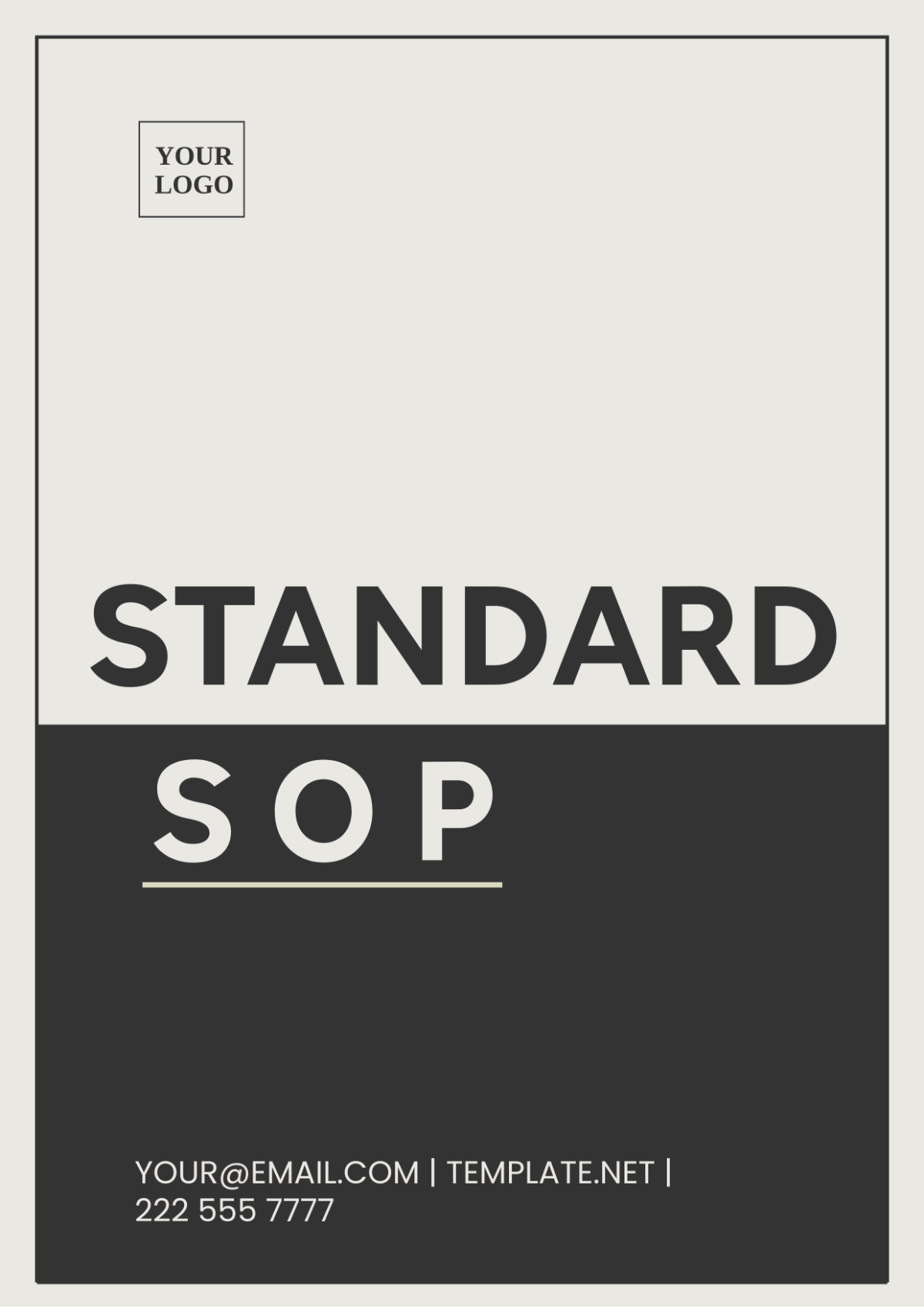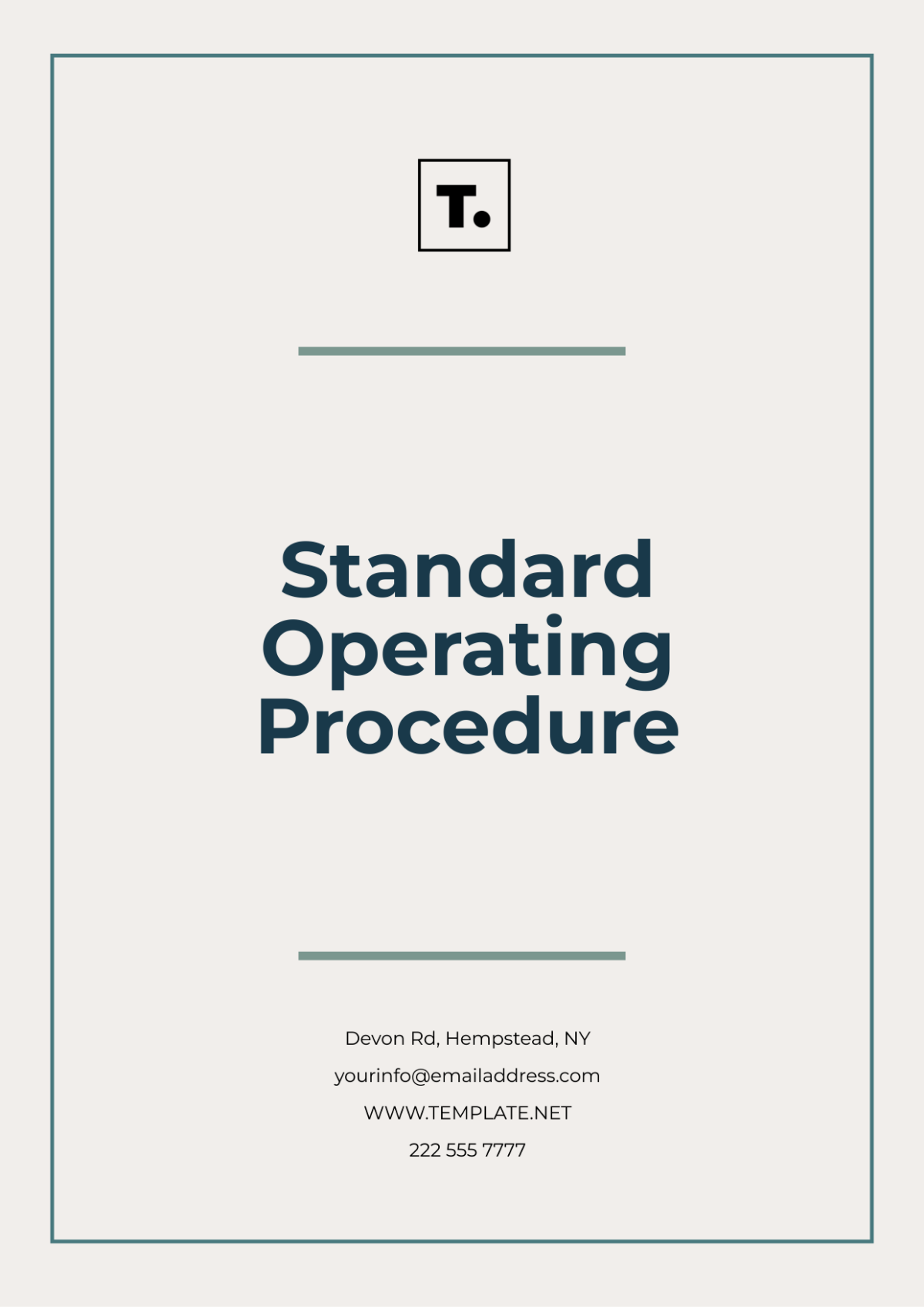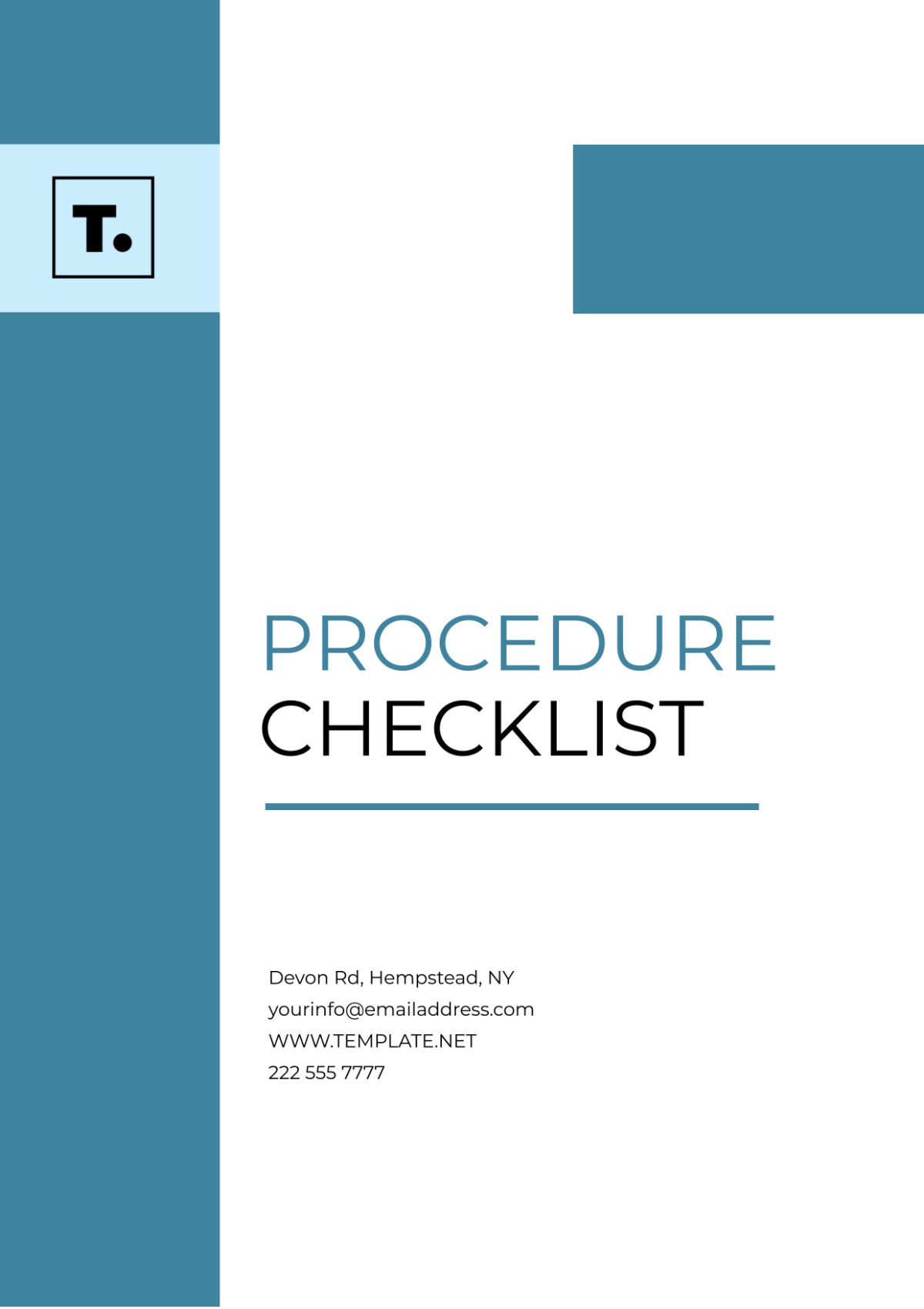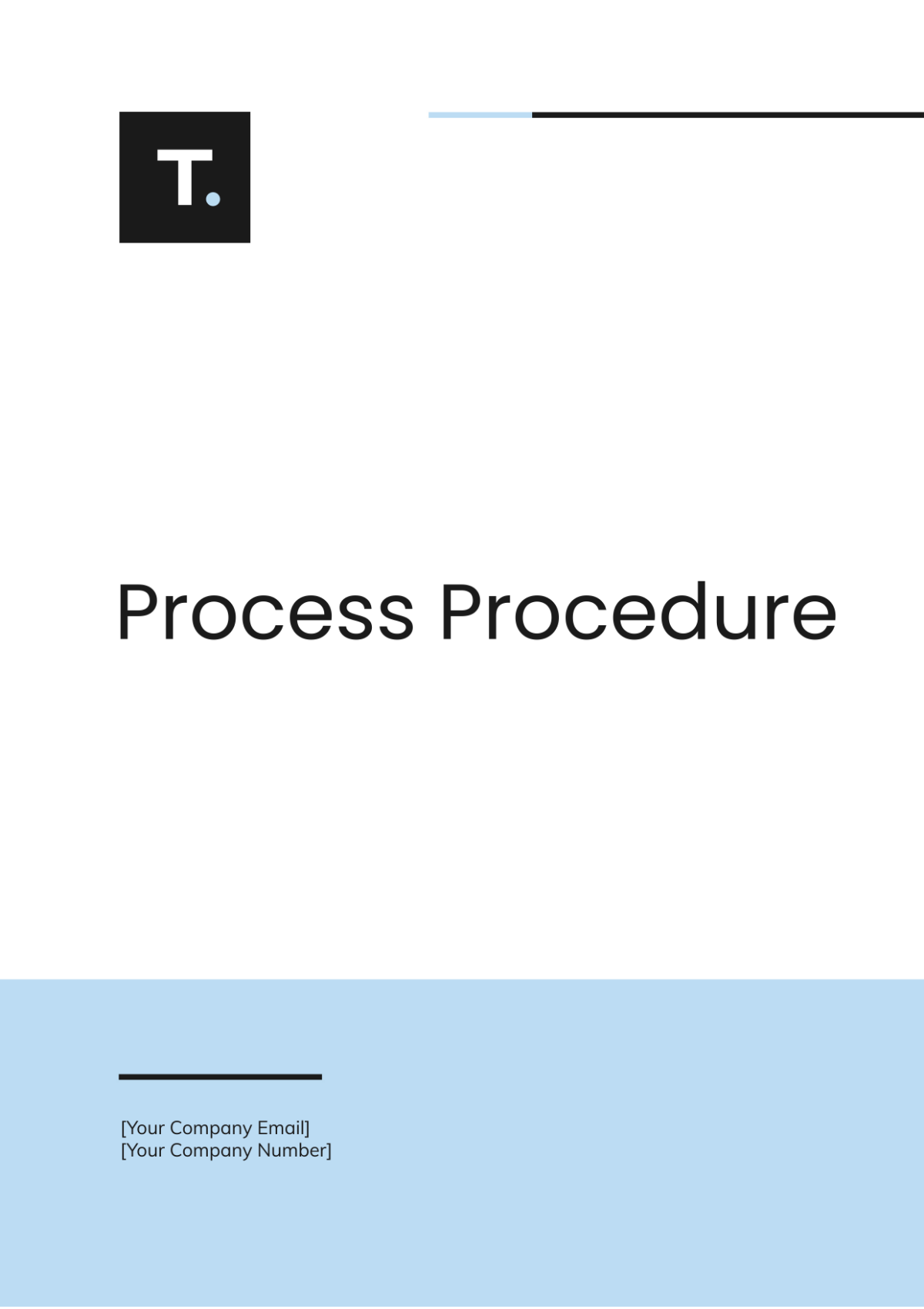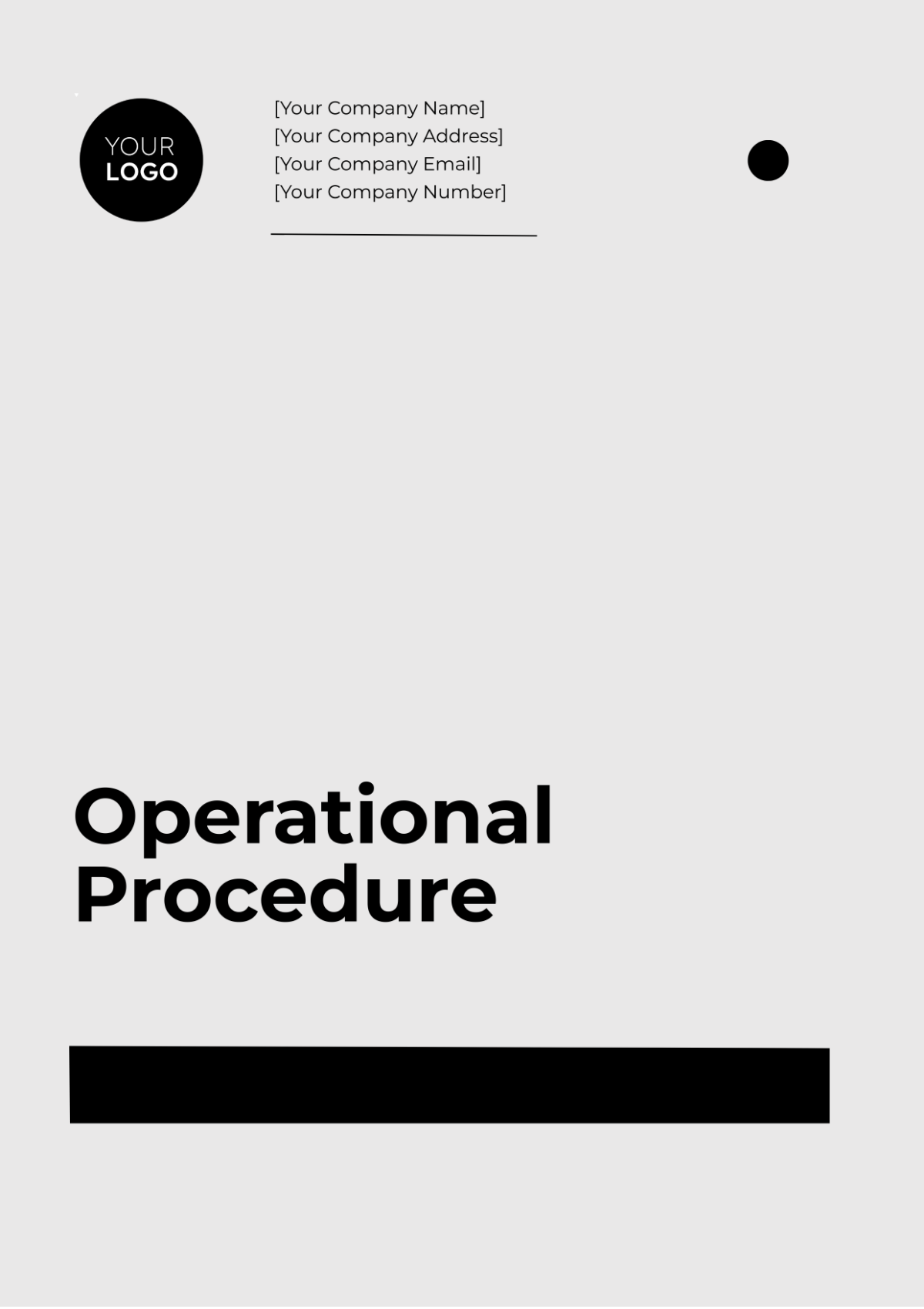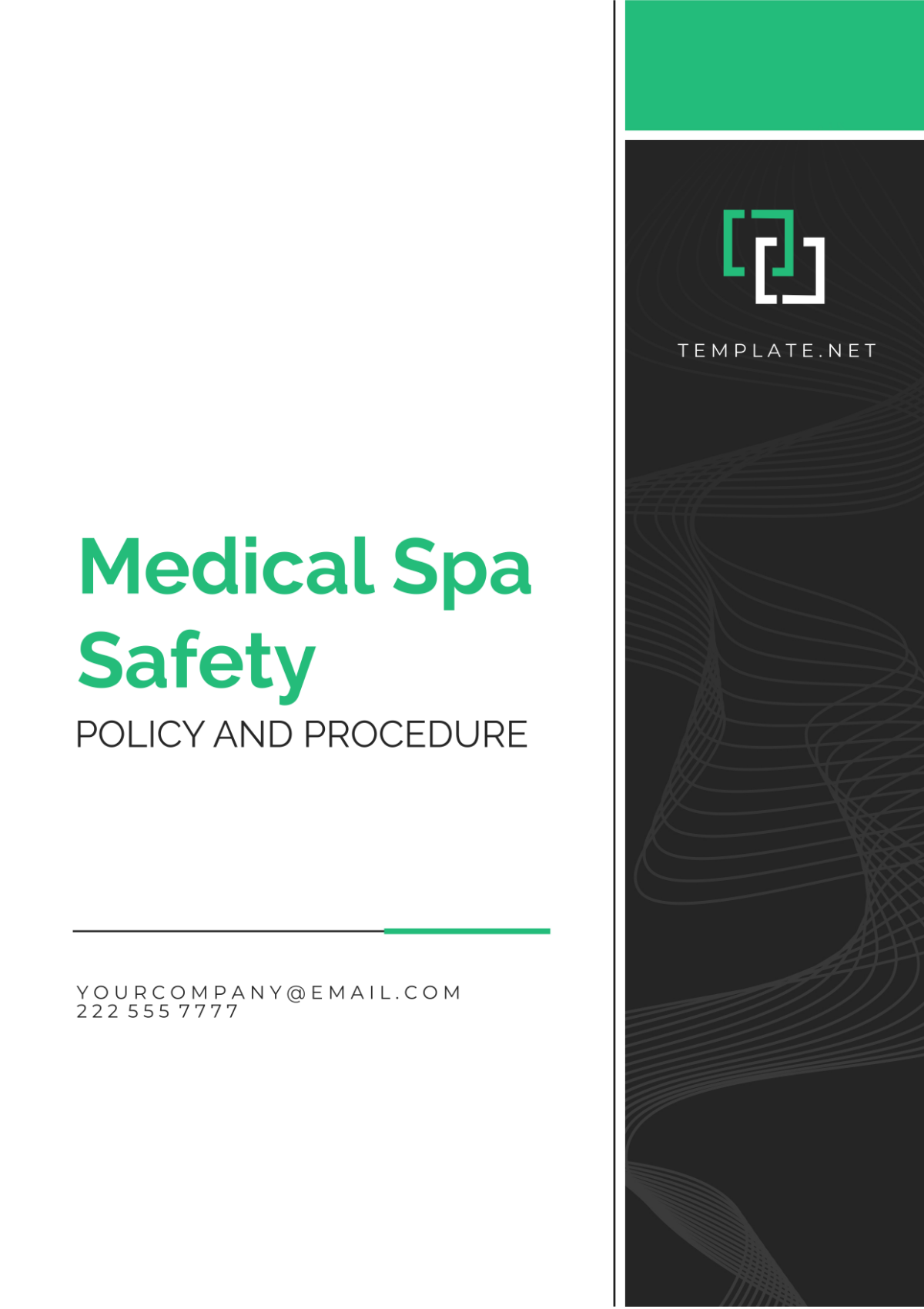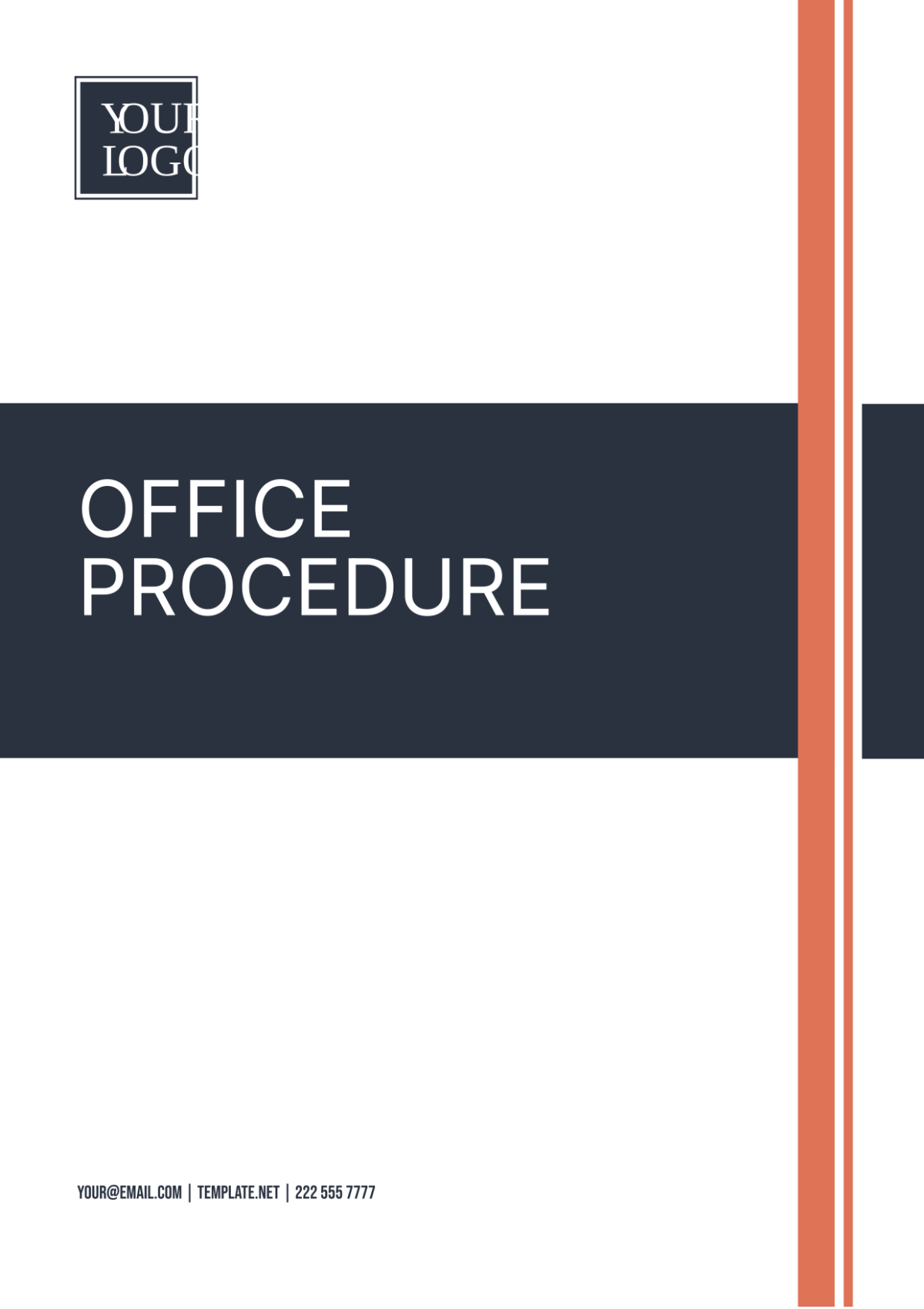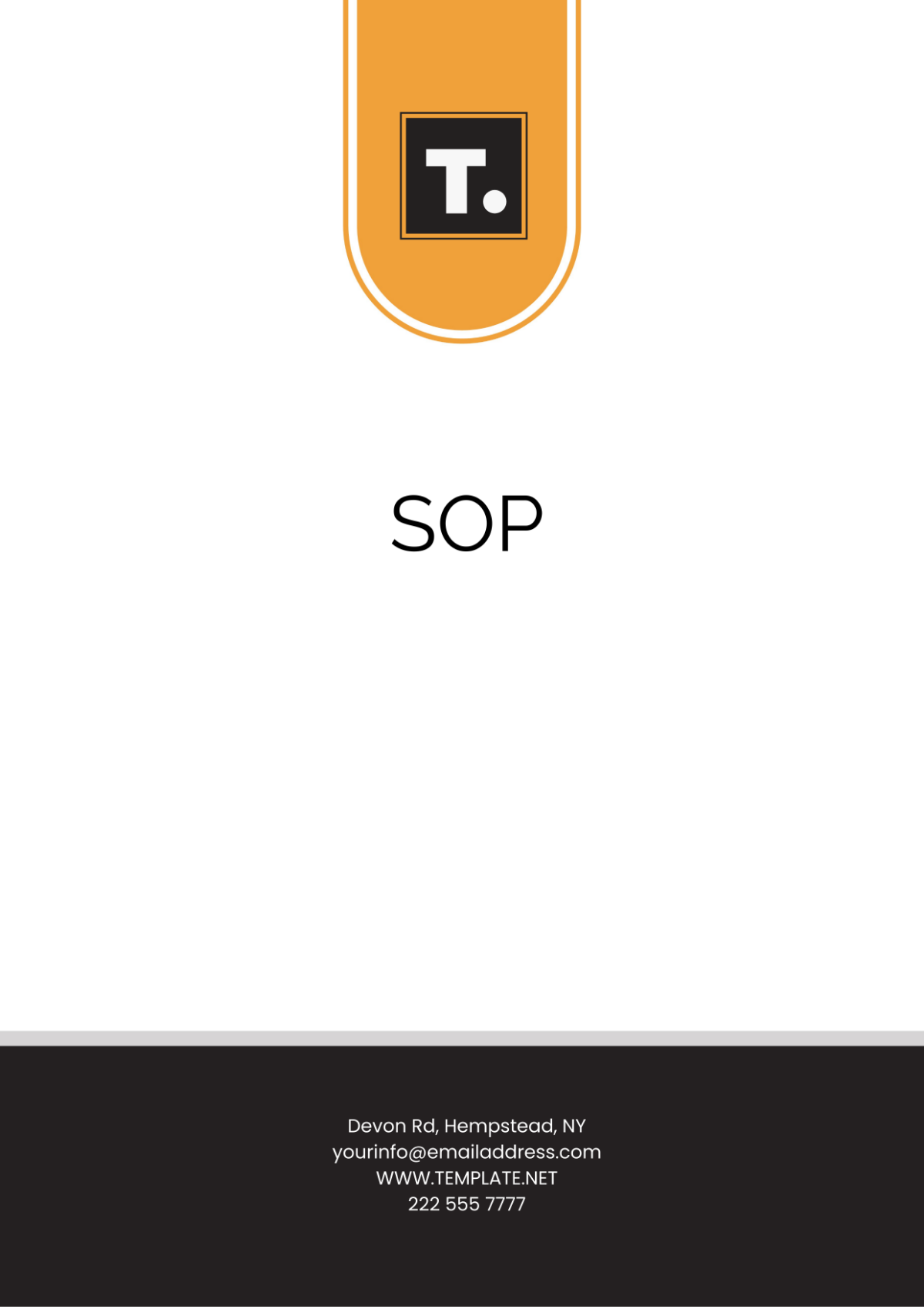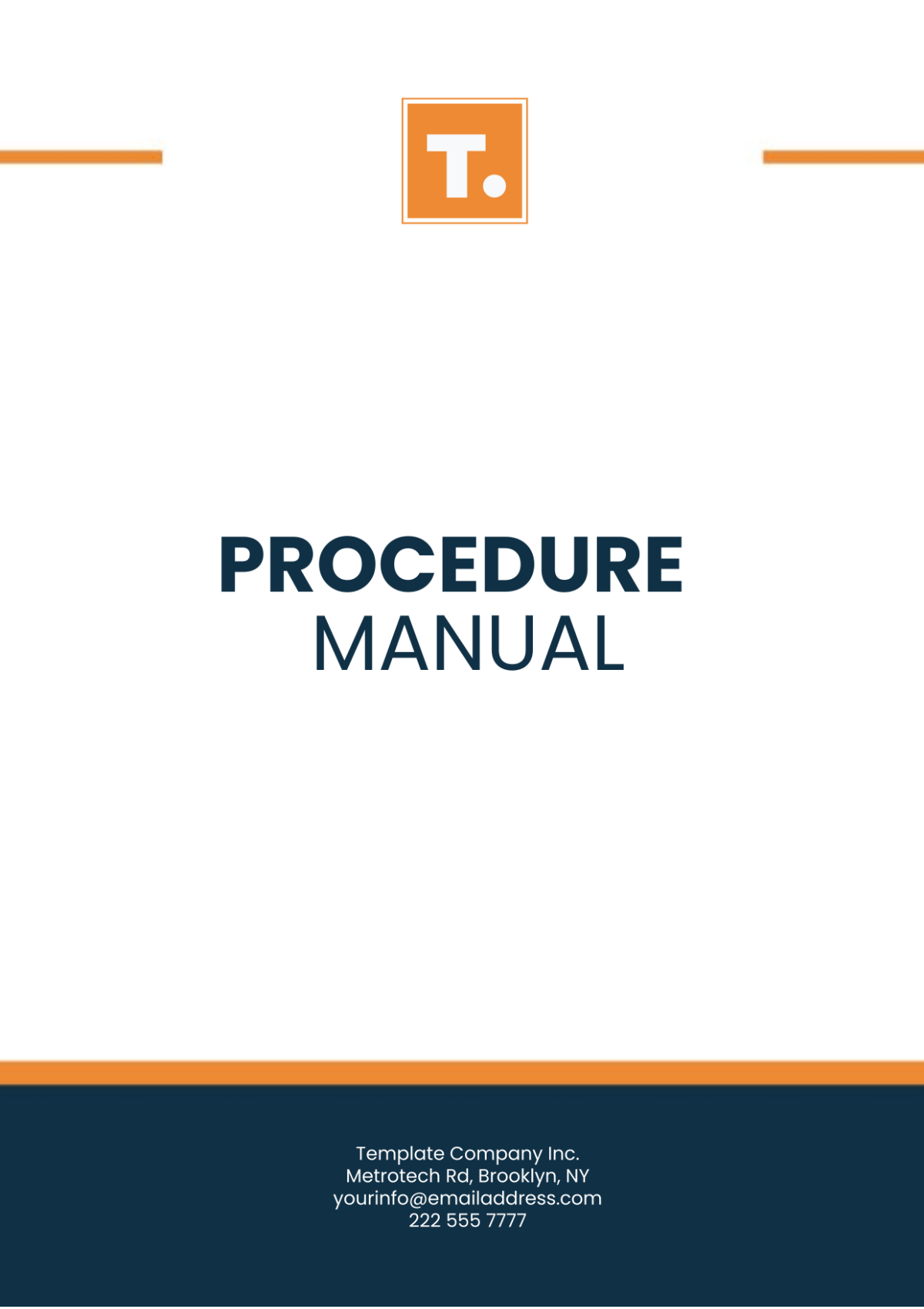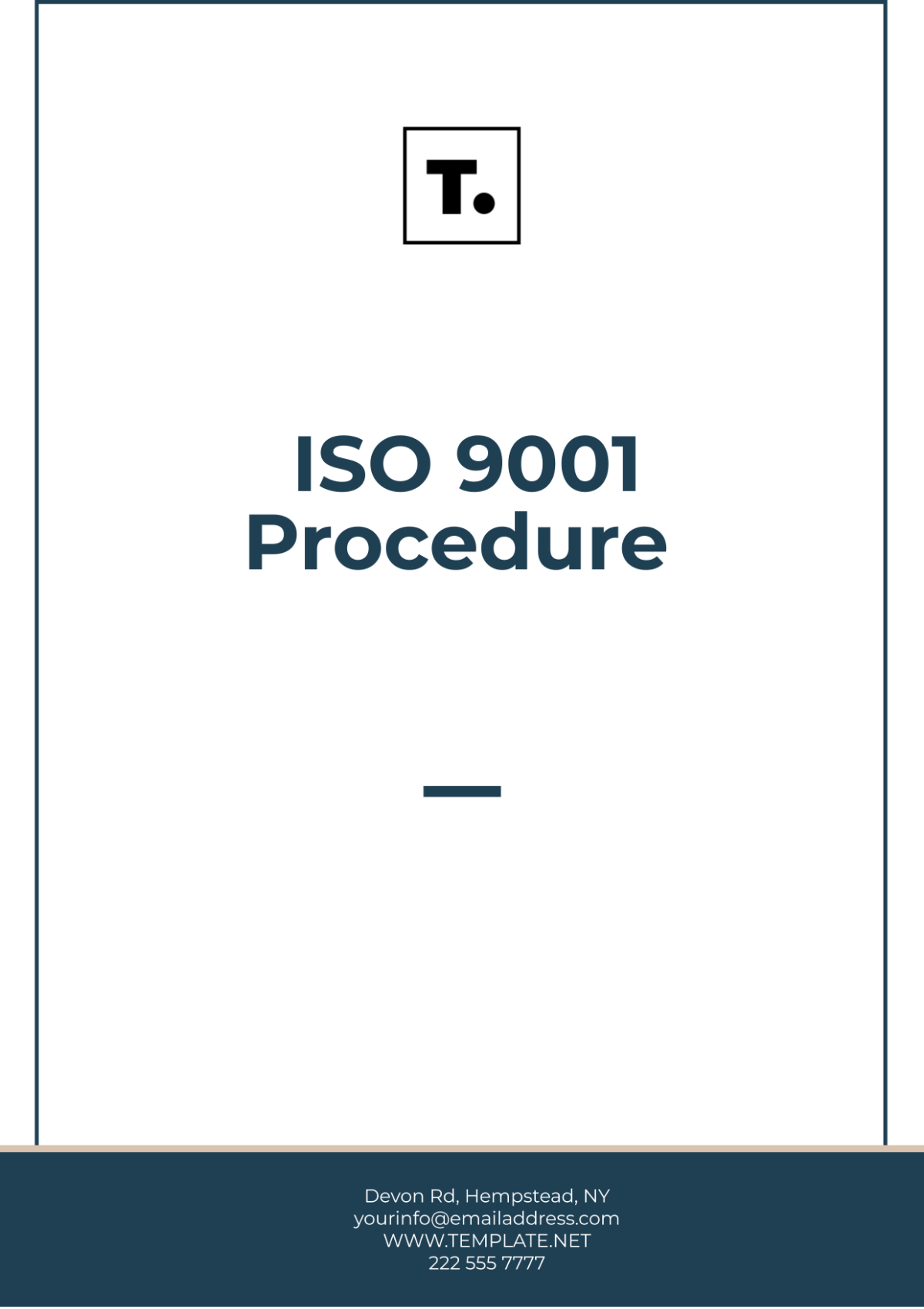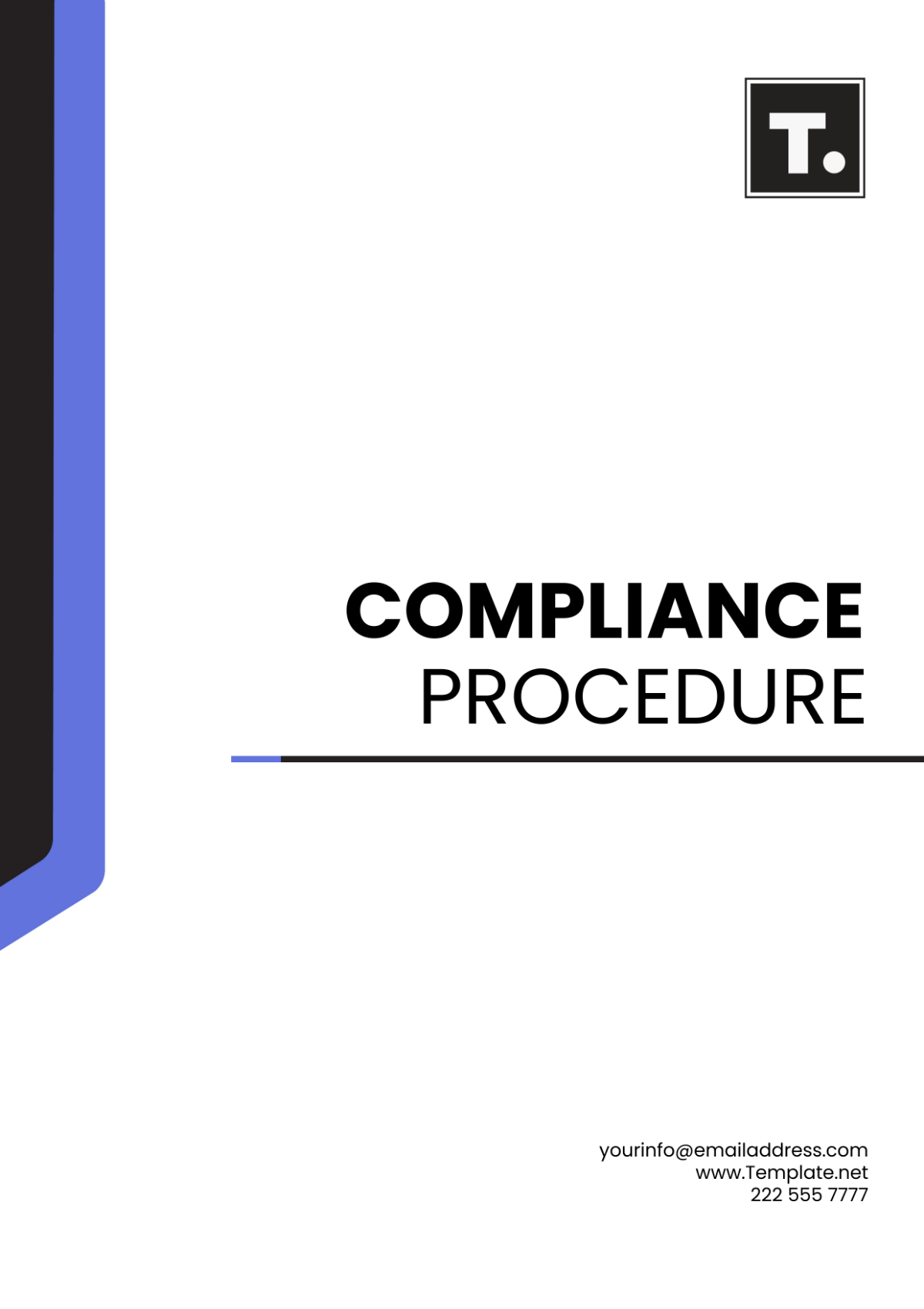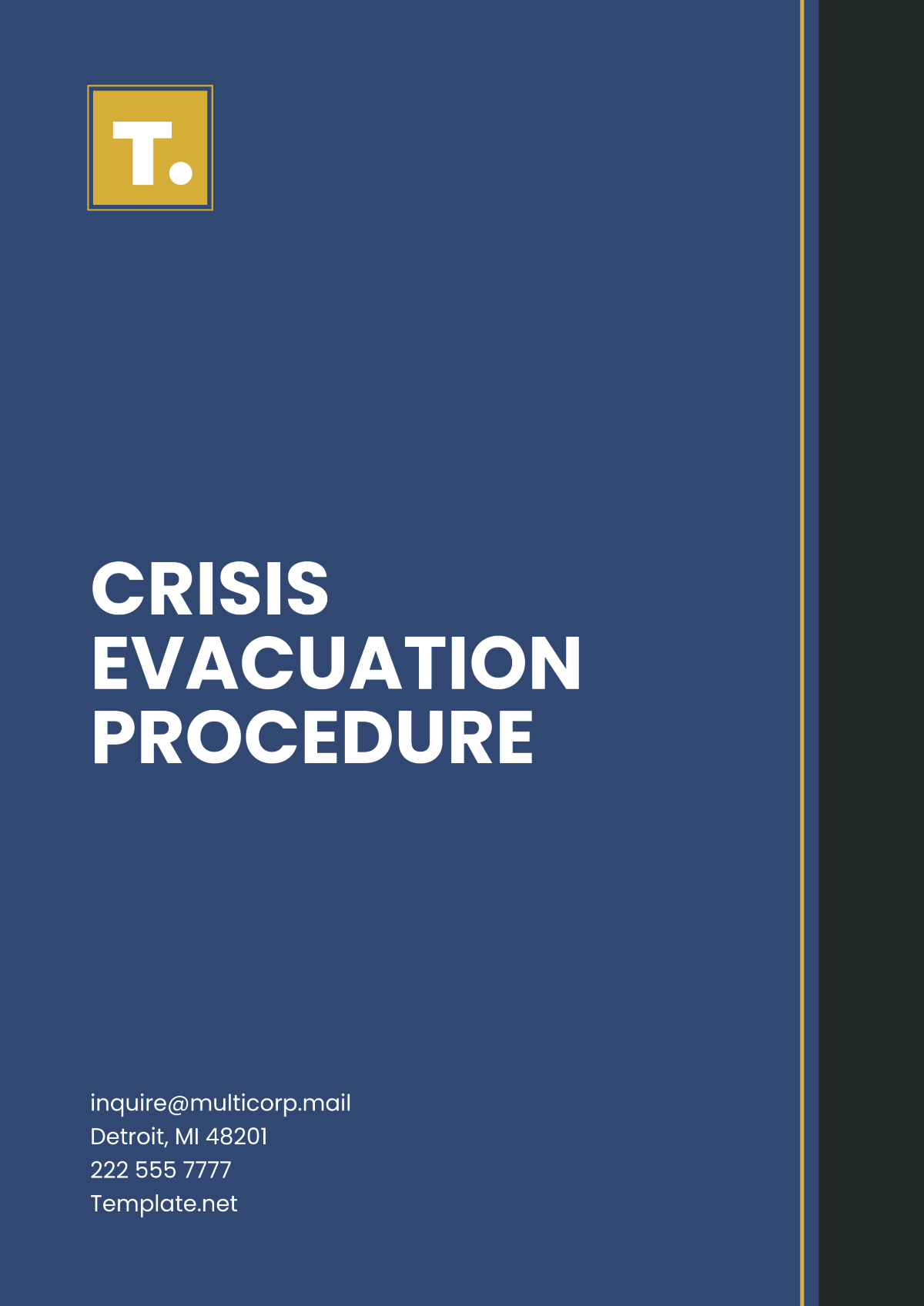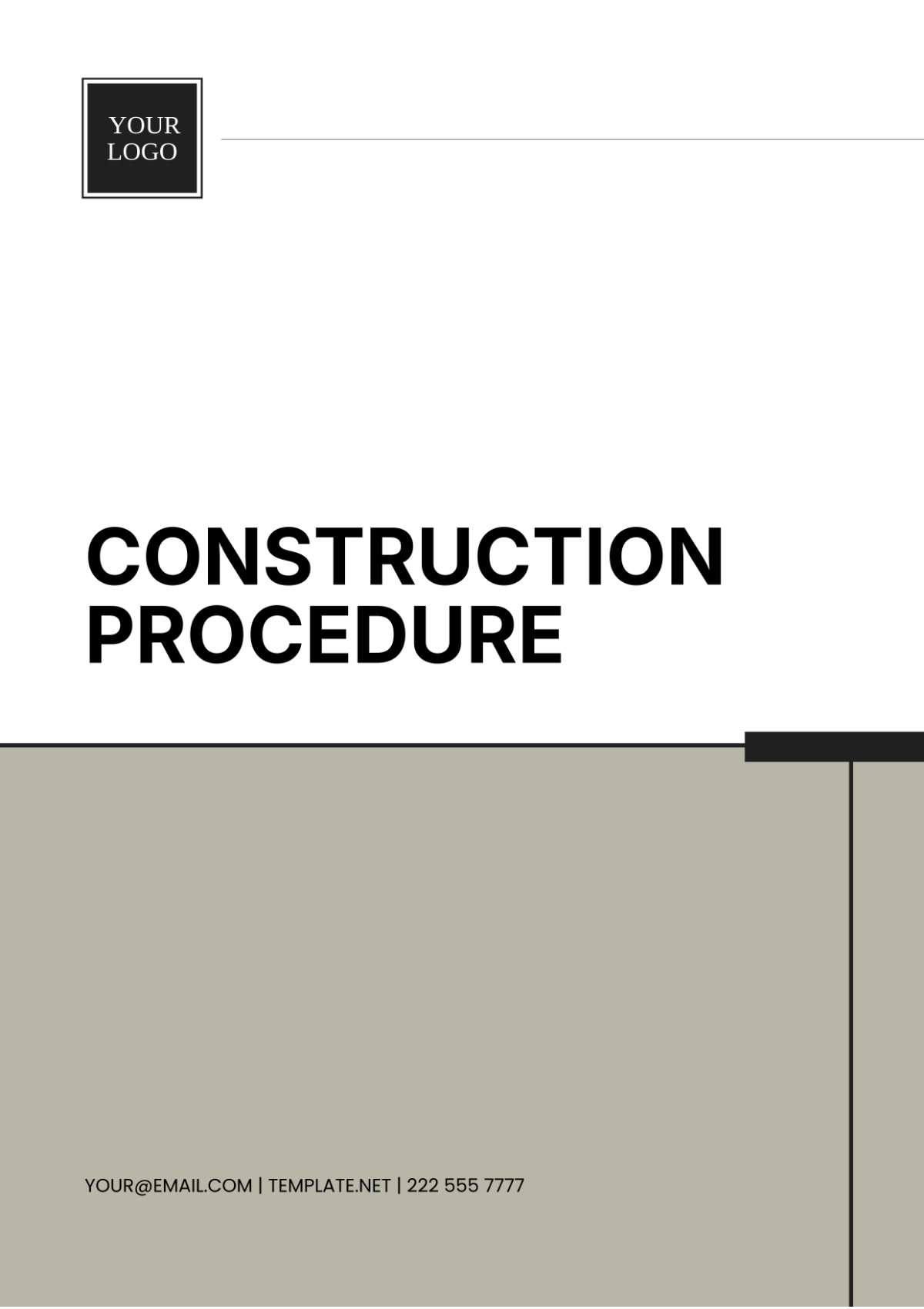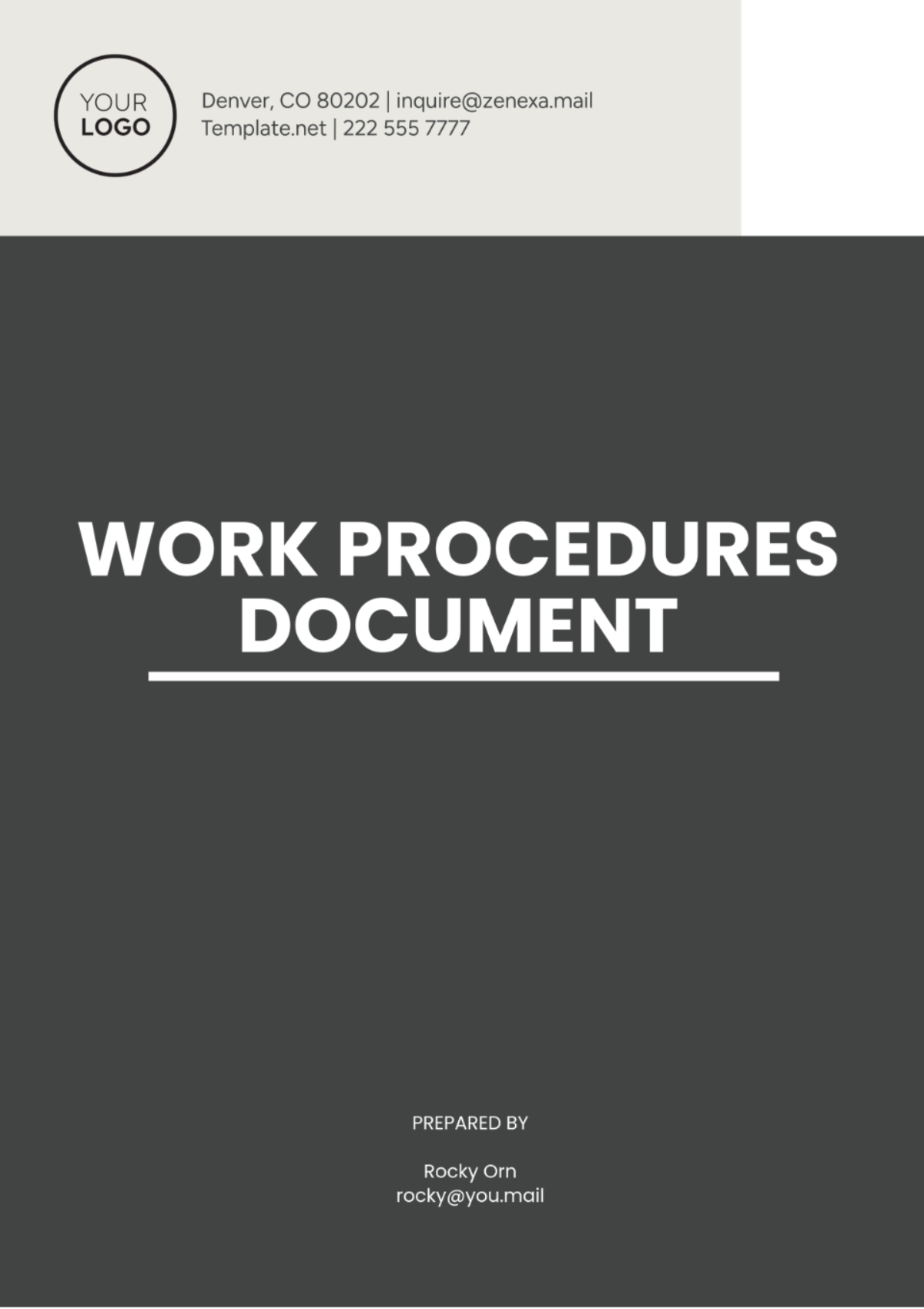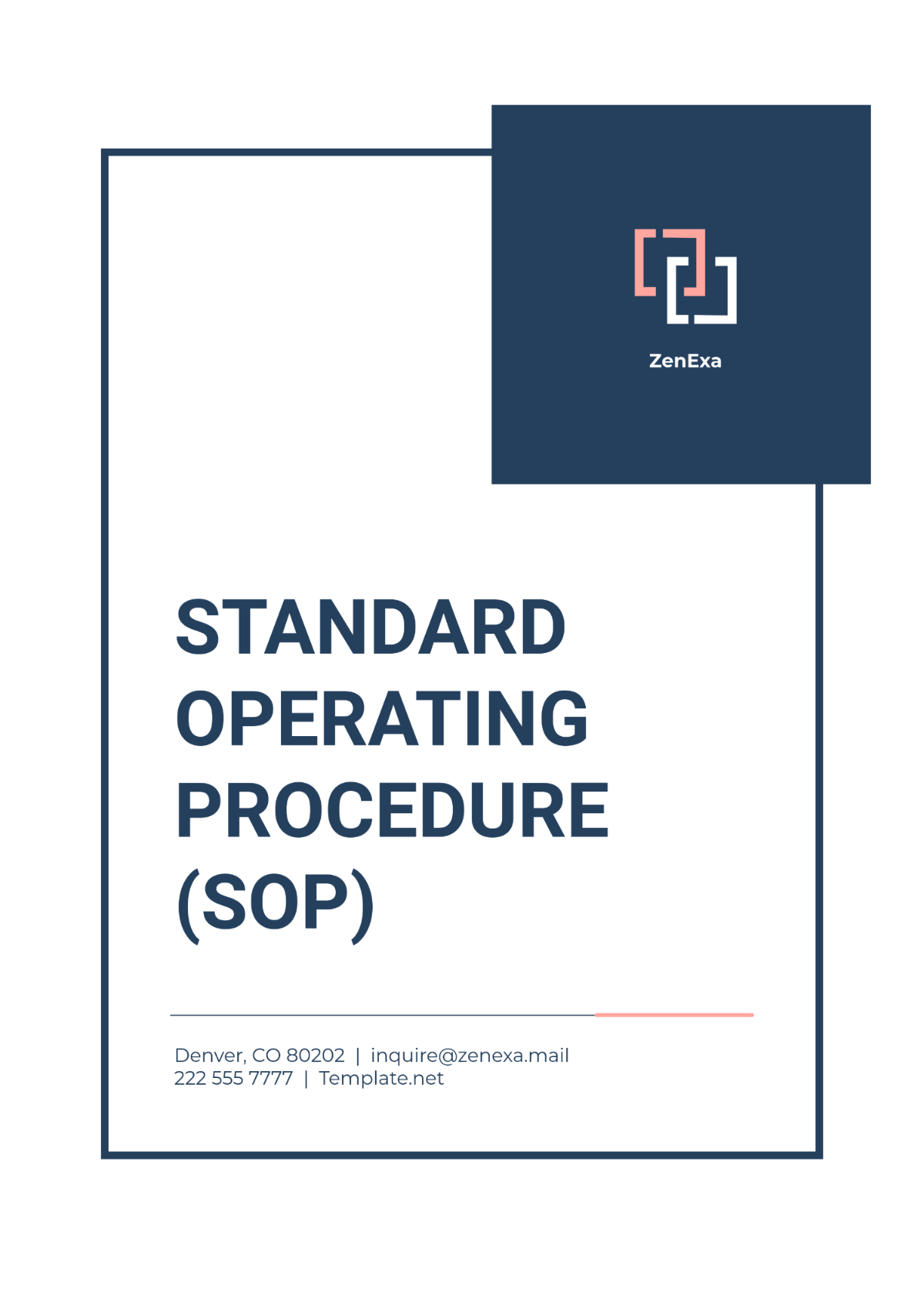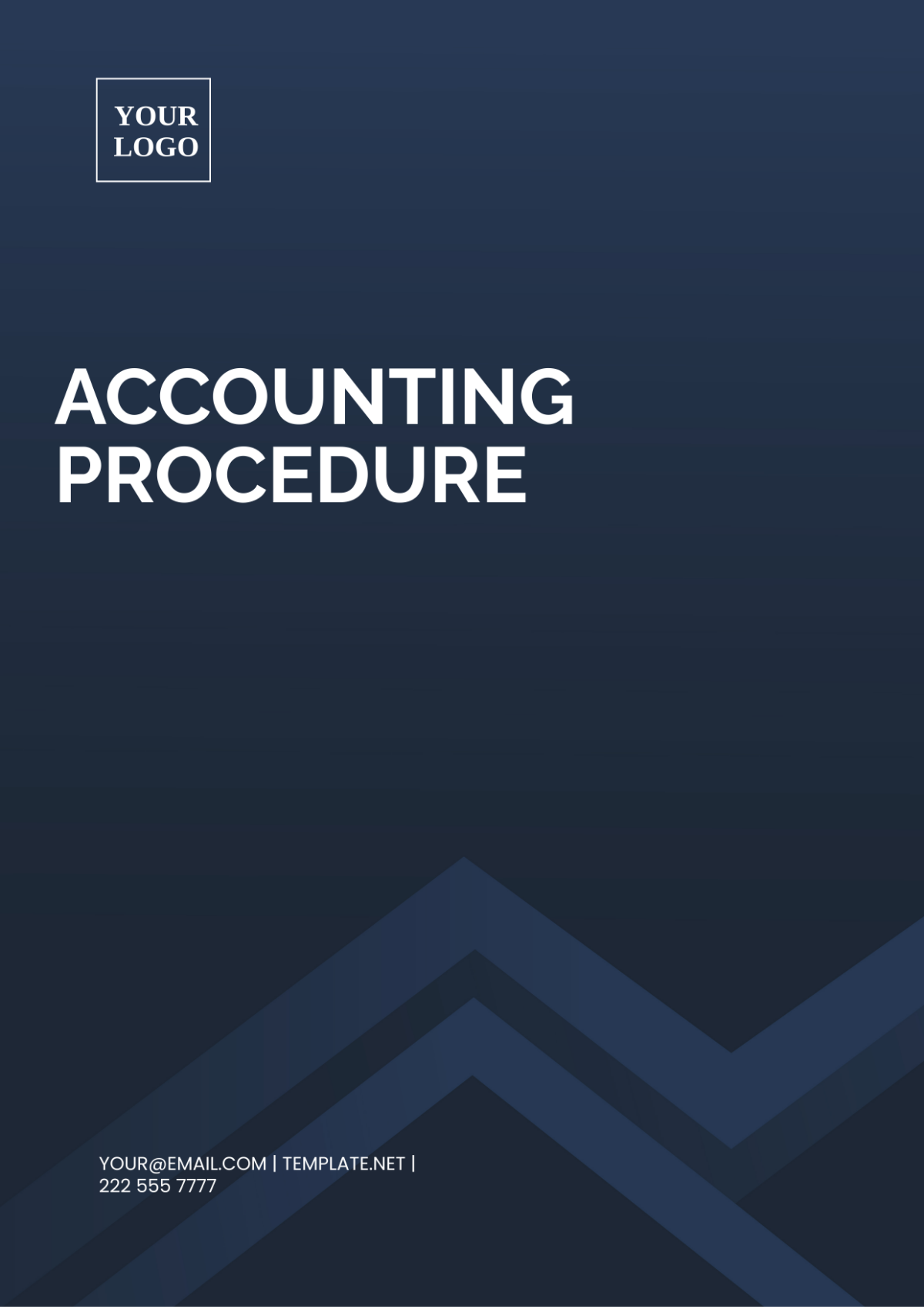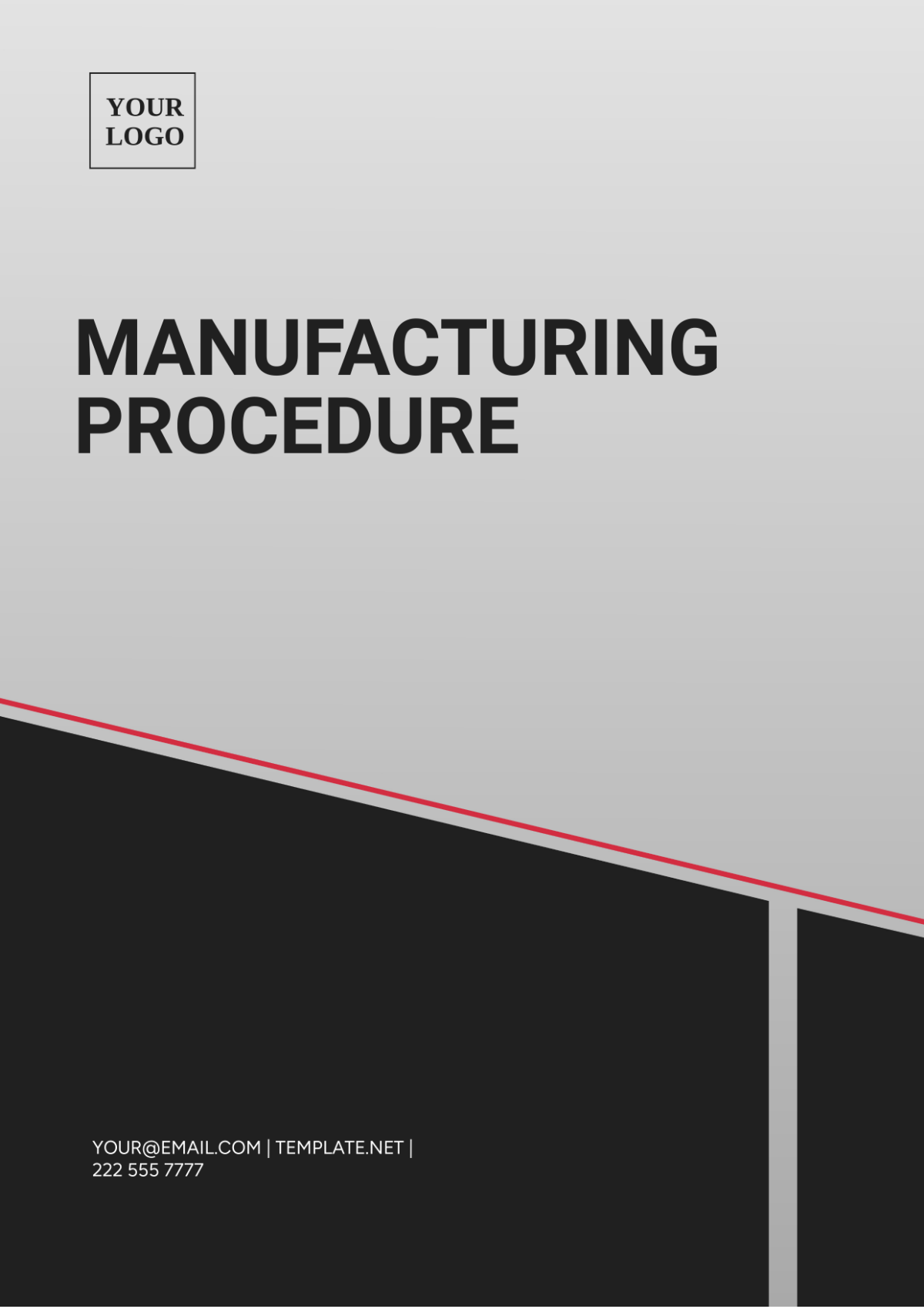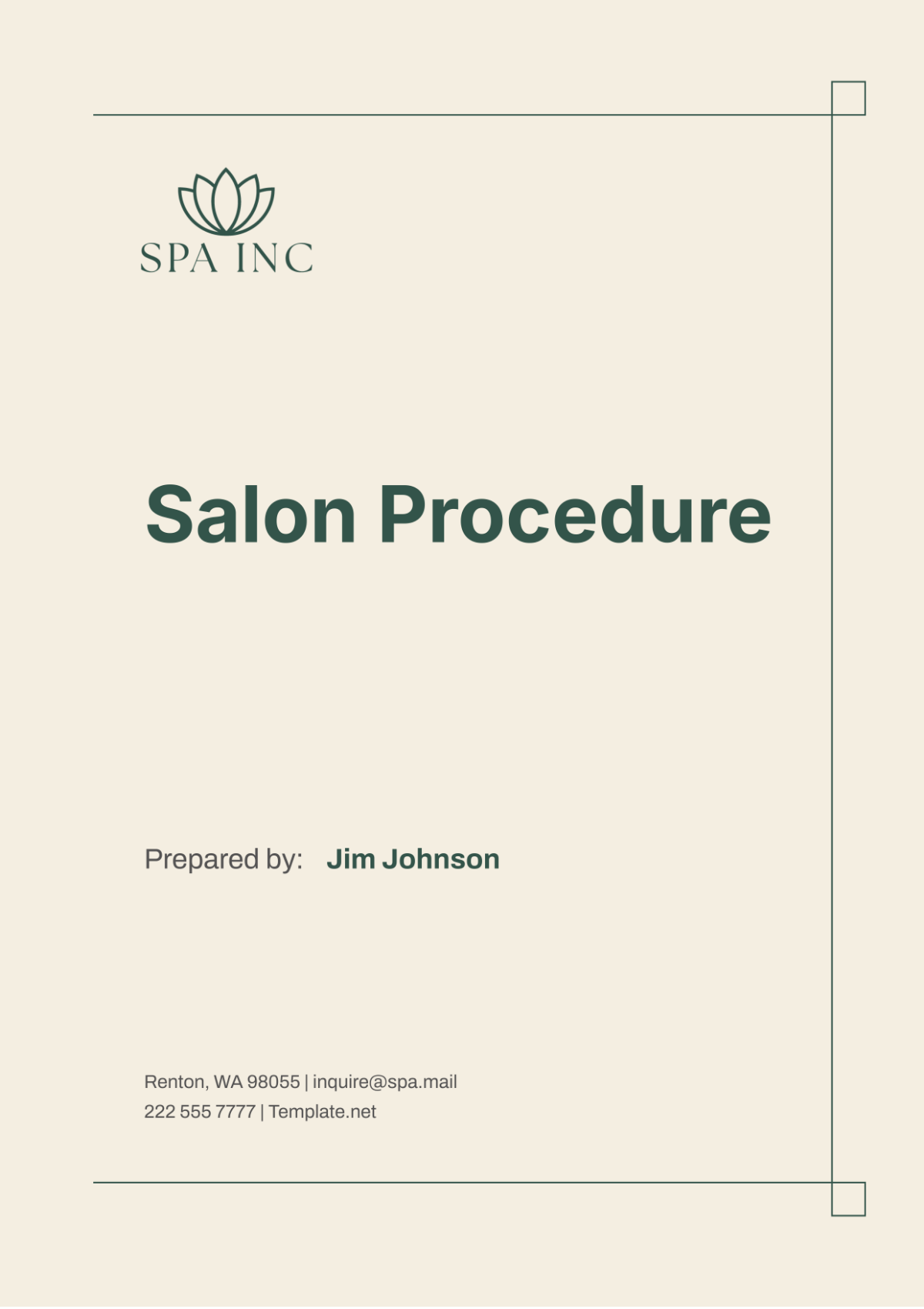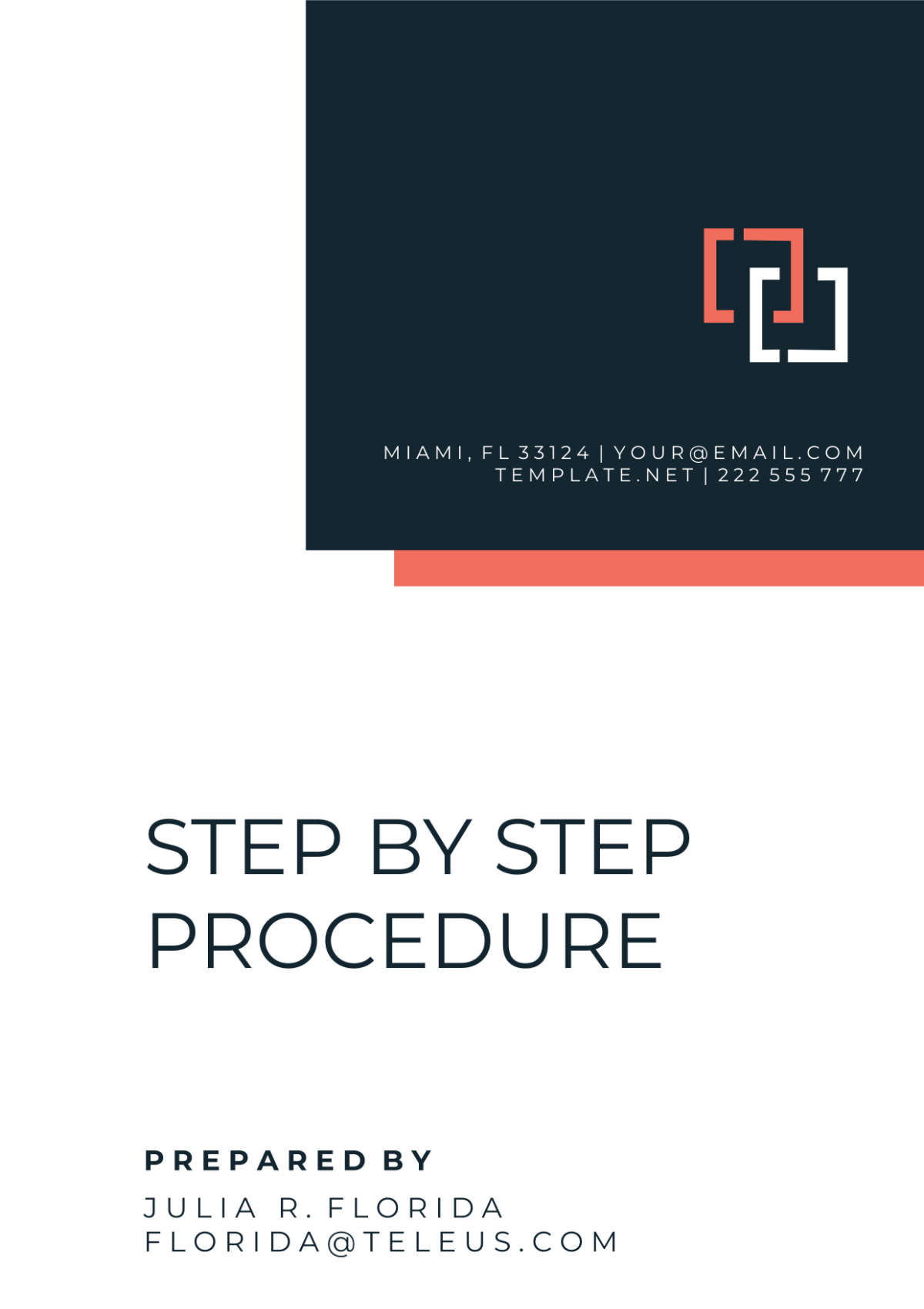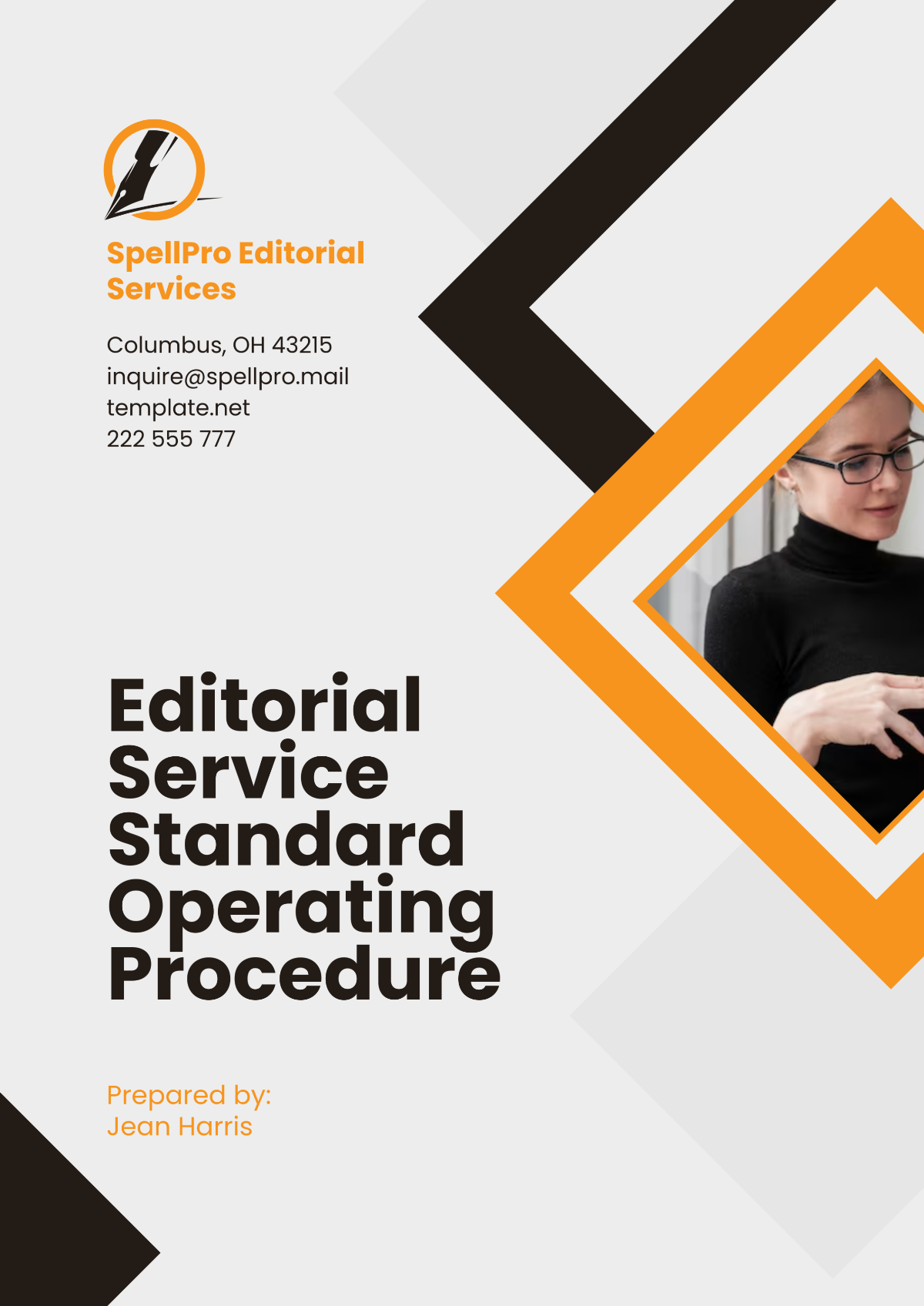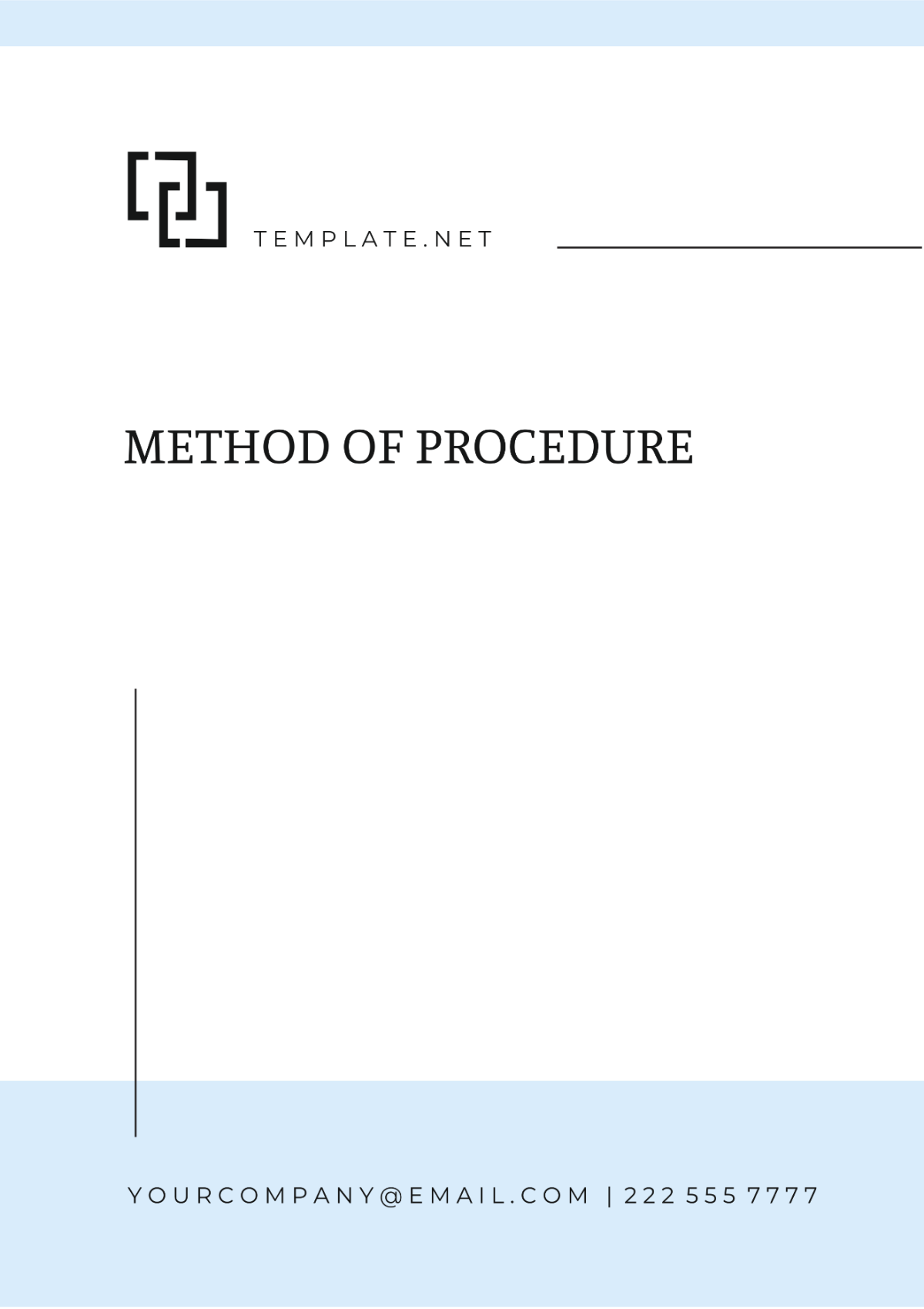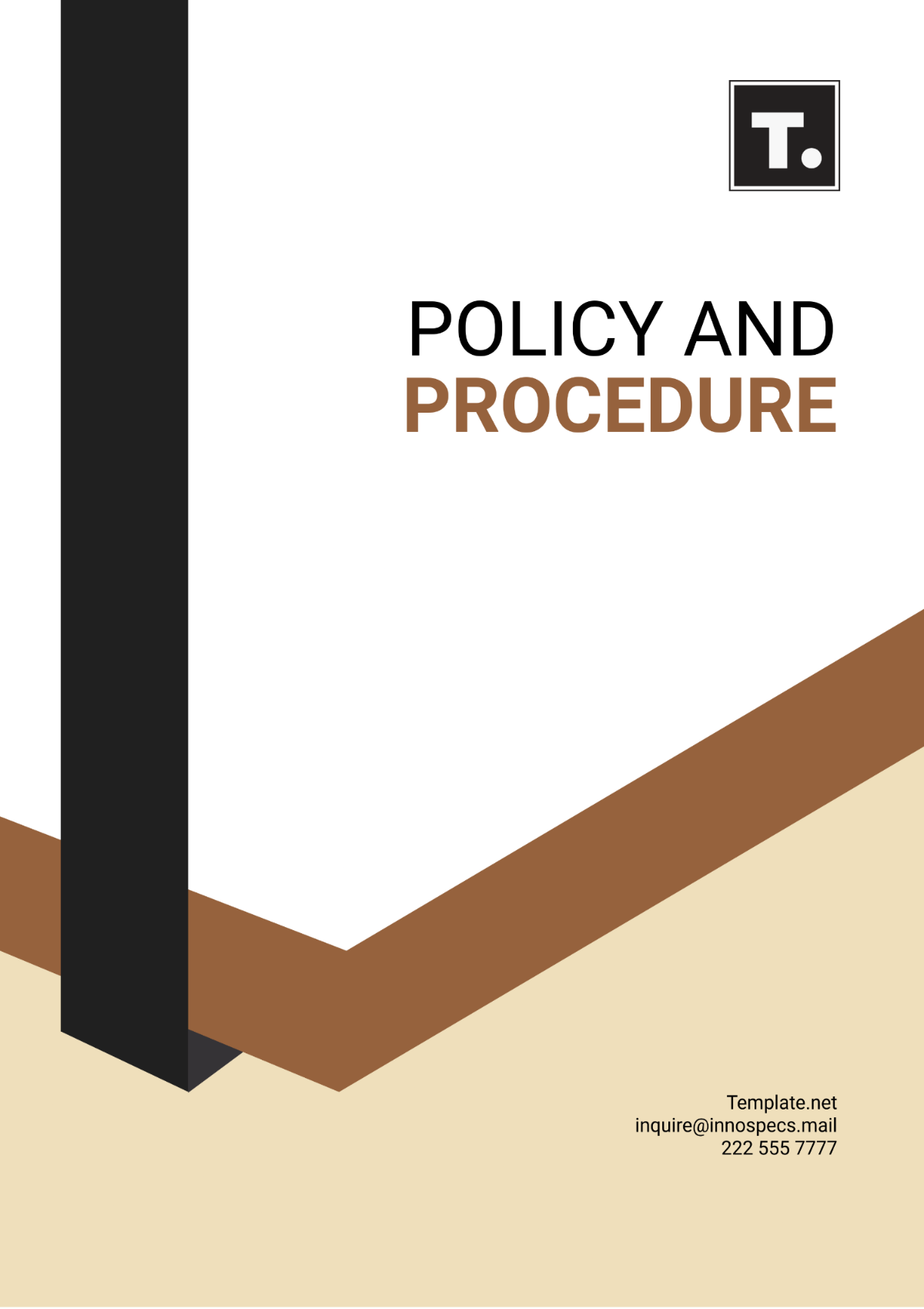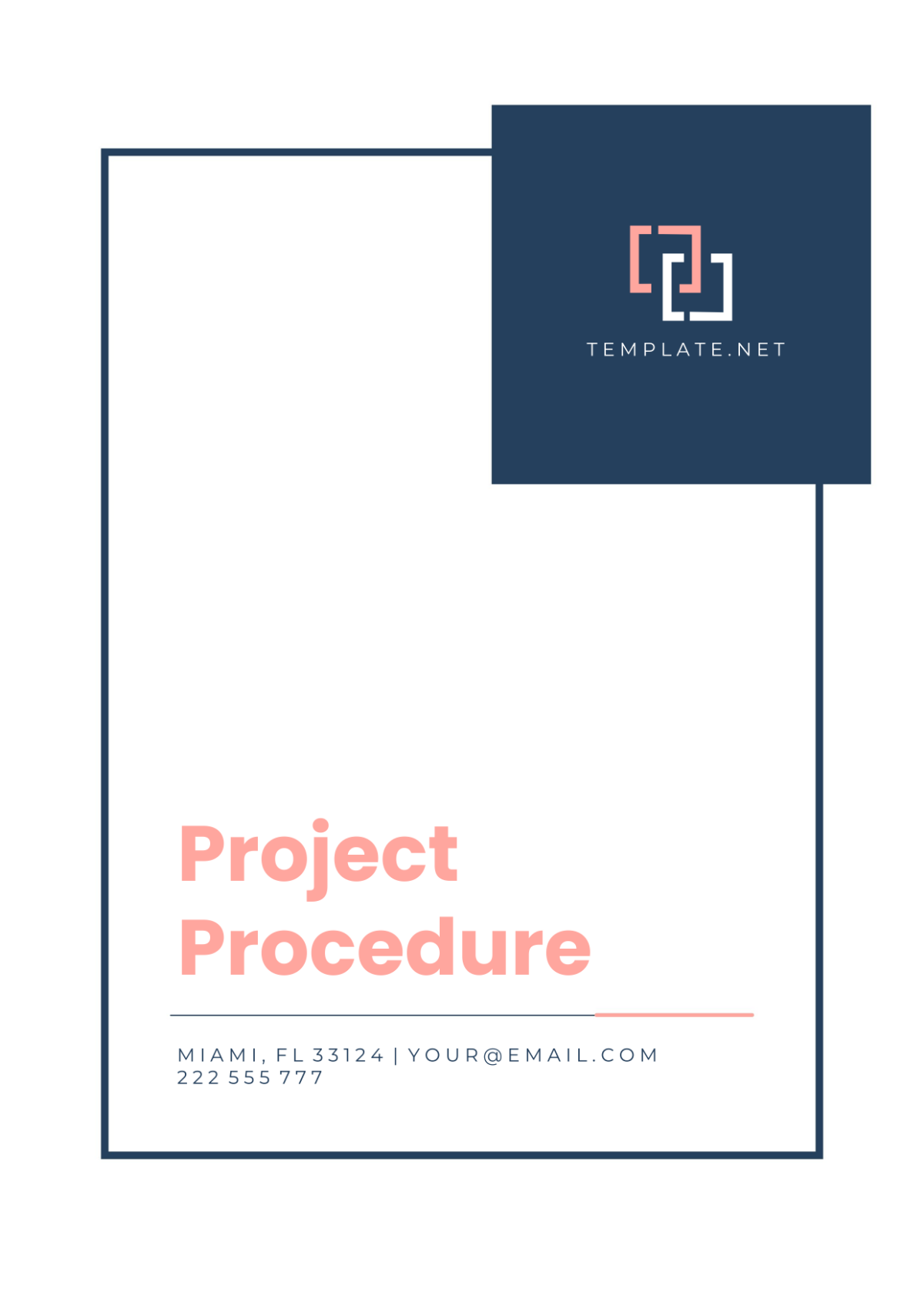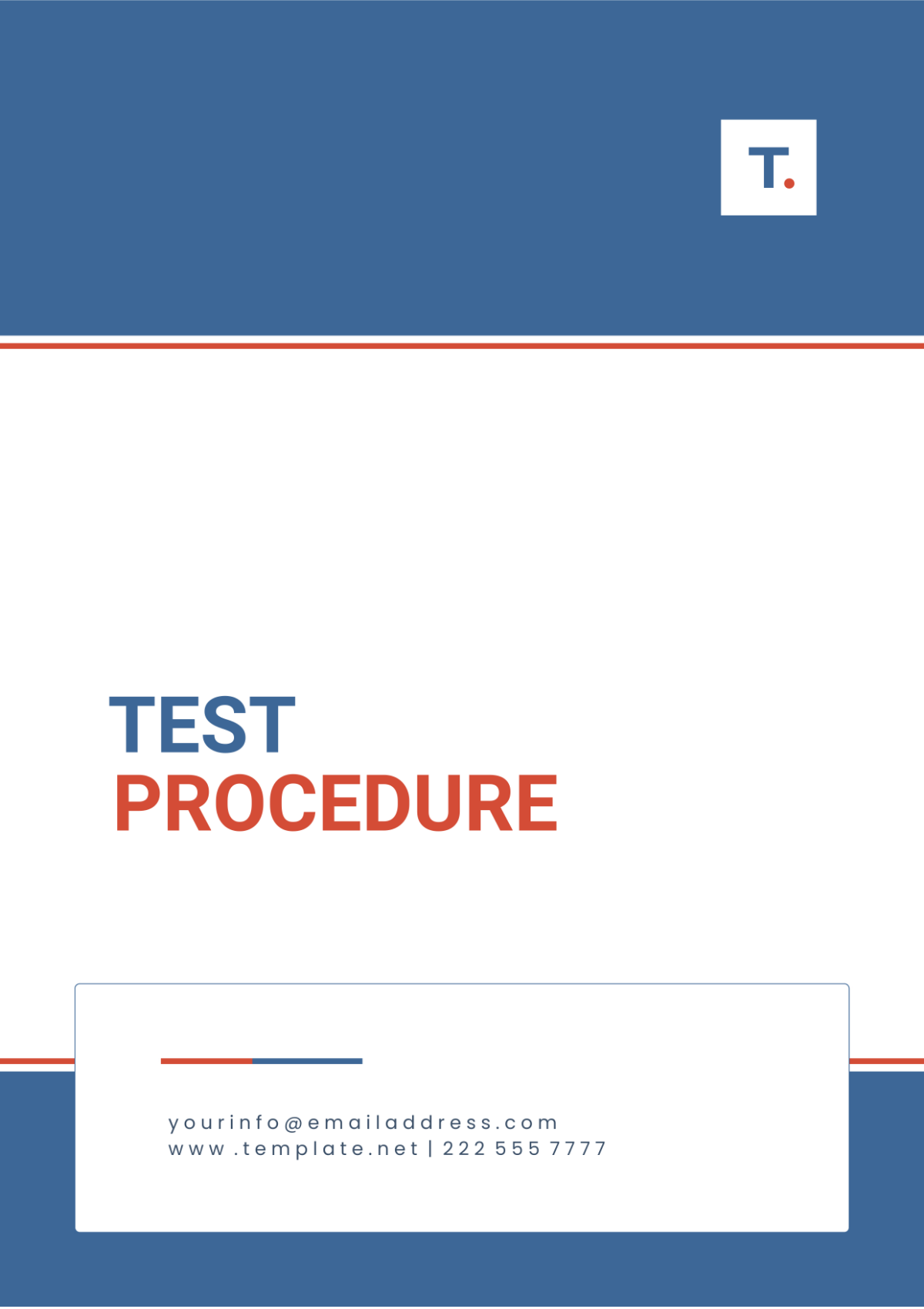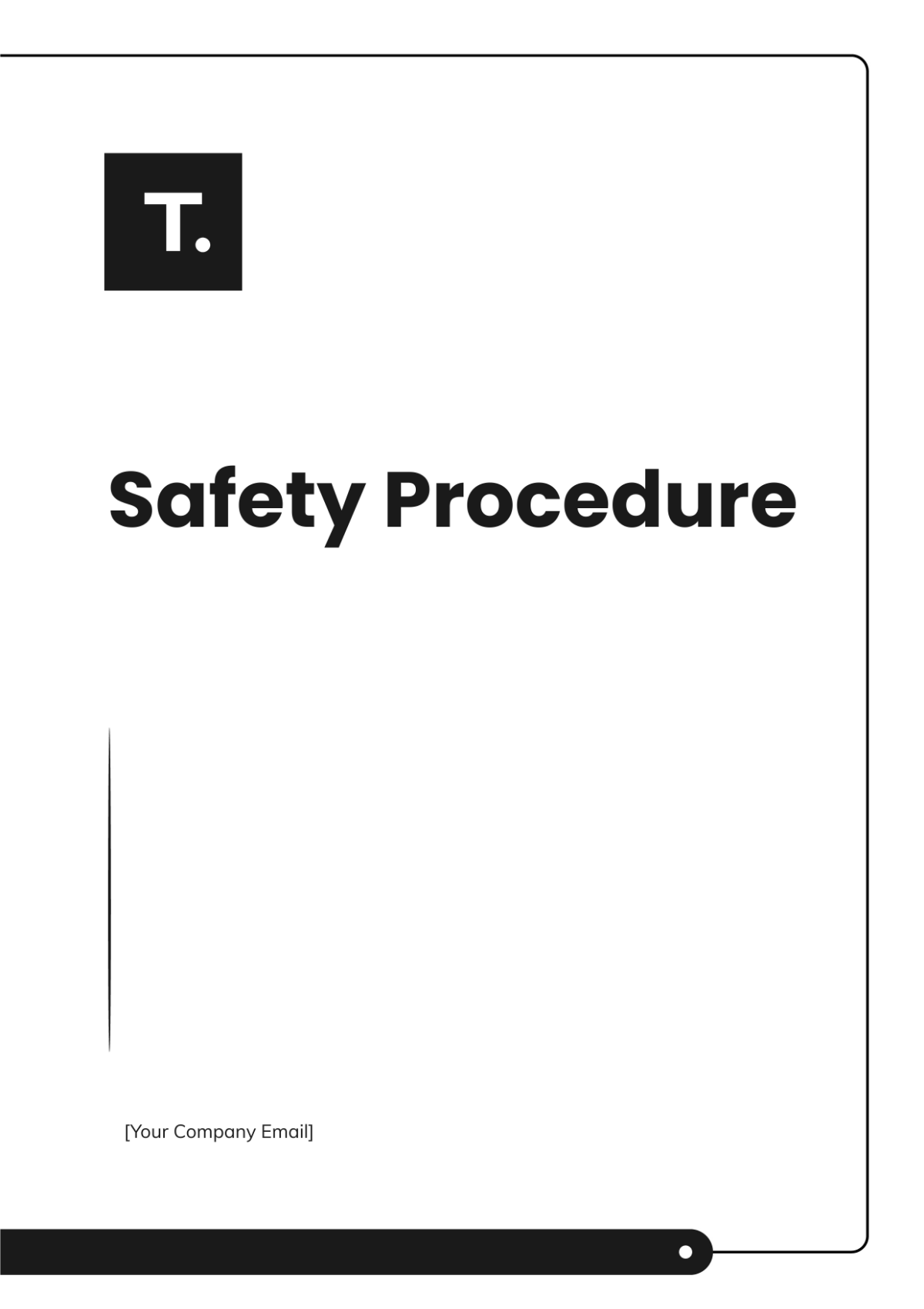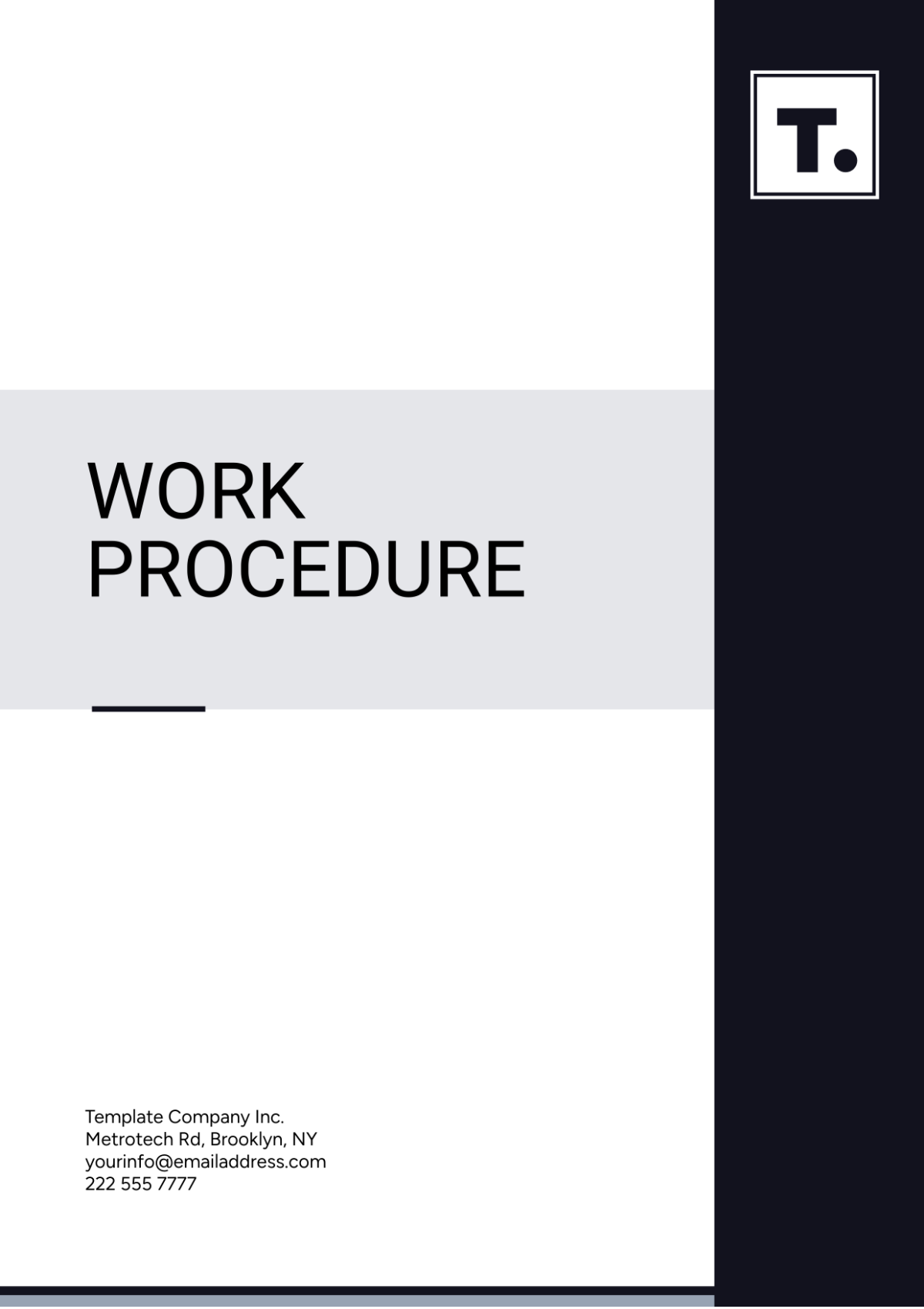Free Law Firm Mediation Procedure
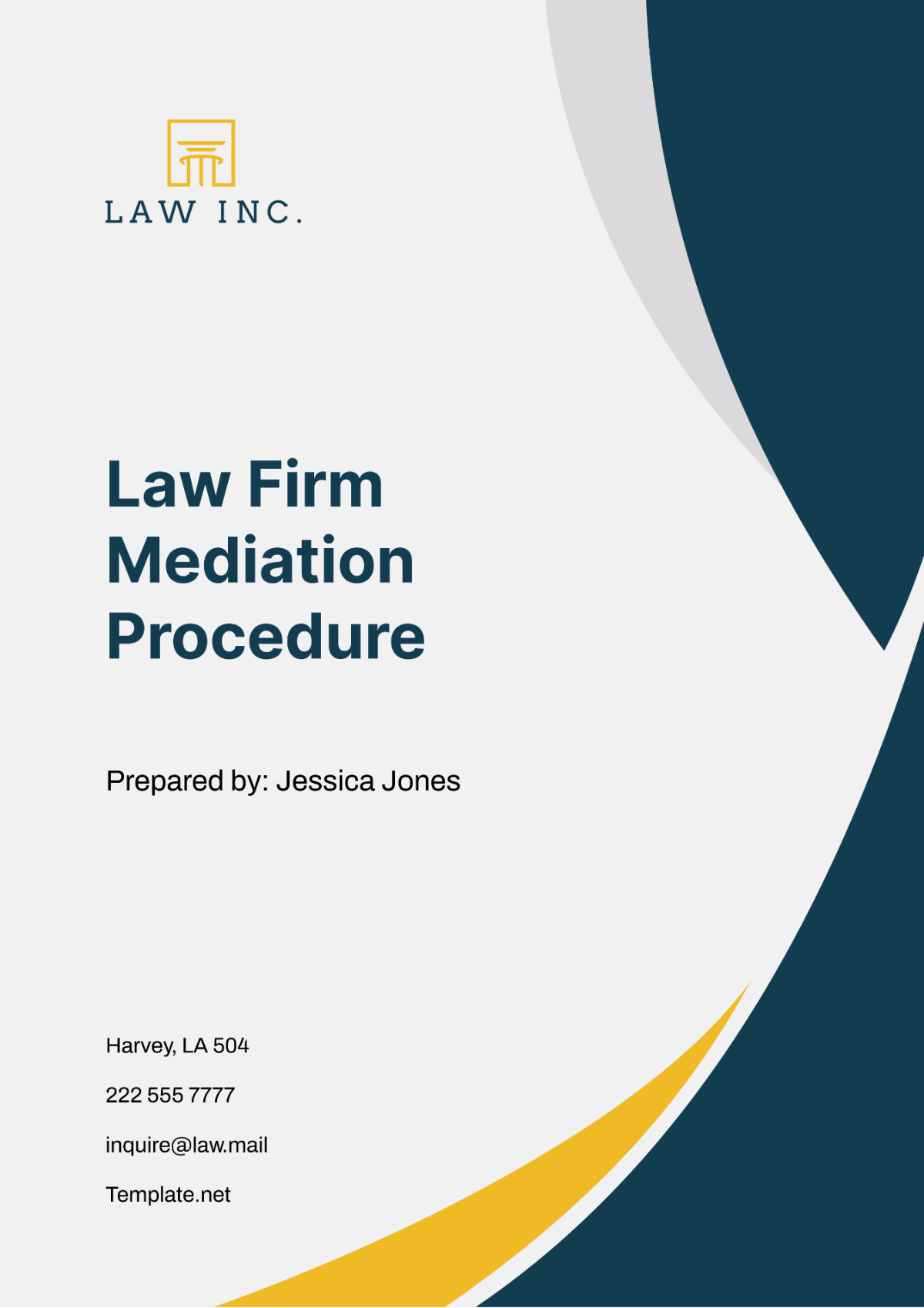
- 100% Customizable, free editor
- Access 1 Million+ Templates, photo’s & graphics
- Download or share as a template
- Click and replace photos, graphics, text, backgrounds
- Resize, crop, AI write & more
- Access advanced editor
Handle the mediation process with confidence with our adaptable Law Firm Mediation Procedure Template brought to you by Template.net! This editable and customizable document outlines the procedures for resolving disputes through mediation. With our intuitive AI Editor Tool, you can tailor the procedure to suit the specifics of each case!
You may also like
Law Firm Mediation Procedure
I. Introduction
Mediation is a crucial part of the legal process, providing a platform for dispute resolution that is often more efficient and amicable than traditional litigation. At [Your Company Name], we are committed to guiding our clients through this process with professionalism and expertise.
A. Purpose of Mediation
Conflict Resolution: The primary purpose of mediation is to provide a platform for dispute resolution. It offers a confidential, informal setting where parties can openly discuss their issues.
Controlled Environment: Mediation gives parties control over the resolution of their dispute. Unlike court proceedings, where the outcome is determined by a judge or jury, mediation allows the parties to negotiate a mutually agreeable solution.
Preservation of Relationships: Mediation can help preserve relationships that could be damaged by the adversarial nature of court proceedings. This is particularly important in cases where the parties have ongoing relationships, such as in family or business disputes.
Efficiency: Mediation can be a more efficient way to resolve disputes. It can be scheduled at the convenience of the parties and typically resolves much faster than a court trial.
Cost-Effective: Mediation is often less expensive than litigation. The process is shorter and less formal, which can save parties money on legal fees and court costs.
B. Benefits of Mediation
Confidentiality: Mediation is a private process. Unlike court trials, which are public, mediation sessions are confidential. This can make parties more comfortable sharing information and negotiating.
Flexibility: Mediation offers flexibility that court trials do not. The parties can decide how the process will work, choose the mediator, and schedule sessions at their convenience.
Mutually Beneficial Outcomes: Because the parties have control over the outcome, they can craft solutions that benefit both sides. This is different from court trials, where the judge or jury decides the outcome, which may not satisfy either party.
Preservation of Relationships: As mentioned earlier, mediation can help preserve relationships by reducing conflict and promoting understanding. This can be particularly beneficial in family disputes, business disputes, and other situations where the parties have ongoing relationships.
Compliance: Research shows that parties are more likely to comply with agreements reached through mediation than with court orders. This is likely because they have participated in crafting the agreement.
C. Role of [Your Company Name]
Client Representation: At [Your Company Name], we represent our clients in the mediation process. We protect their interests, advise them on their rights and options, and advocate for them in negotiations.
Preparation: We prepare our clients for mediation. This includes explaining the process, helping them identify their goals and interests, and developing a negotiation strategy.
Negotiation: During mediation, we facilitate communication between our client and the other party. We help our client express their views, understand the other party’s perspective, and explore potential solutions.
Agreement Review: If the parties reach an agreement, we review it to ensure it is legally sound and in our client’s best interest. We explain the terms of the agreement to our client and advise them on their rights and obligations.
Follow-Up: After mediation, we assist our client with any follow-up actions, such as fulfilling the terms of the agreement or pursuing other legal remedies if no agreement was reached.
II. Pre-Mediation Preparation
A. Case Assessment
Understanding the Dispute: The first step in our pre-mediation preparation at [Your Company Name] involves gaining a comprehensive understanding of the dispute. We review all relevant facts, legal issues, and the dynamics between the parties. This helps us to identify the key issues that need to be addressed during mediation.
Evaluating Suitability for Mediation: Not all cases are suitable for mediation. We evaluate the nature of the dispute, the relationship between the parties, and the potential for a negotiated agreement. This assessment helps us to determine whether mediation is the right approach for resolving the dispute.
Identifying Client’s Interests and Goals: We work closely with our client to identify their interests, goals, and concerns. Understanding what our client hopes to achieve from mediation helps us to develop an effective negotiation strategy.
Legal Analysis: We conduct a thorough legal analysis of the case. This involves reviewing the applicable laws and previous court decisions that are relevant to the dispute. The legal analysis helps us to advise our client on their legal position and potential outcomes if the case were to go to court.
Risk Assessment: We carry out a risk assessment to evaluate the potential risks and benefits of mediation versus other forms of dispute resolution. This includes considering the financial costs, time commitment, emotional toll, and potential impact on relationships.
B. Client Consultation
Explaining the Mediation Process: We explain the mediation process to our client, outlining the steps involved, the role of the mediator, and what they can expect. We ensure that our client understands that mediation is a voluntary, confidential process where the parties work together to find a mutually acceptable solution.
Discussing the Potential Benefits and Drawbacks: We discuss with our client the potential benefits and drawbacks of mediation. Benefits may include cost savings, quicker resolution, and preserving relationships, while drawbacks may include the need for compromise and the lack of a guaranteed outcome.
Preparing the Client for Mediation: We prepare our client for the mediation process. This includes advising them on how to communicate effectively during mediation, how to handle difficult conversations, and how to negotiate towards a solution.
Setting Expectations: We set realistic expectations for our client about the potential outcomes of mediation. While mediation can be very effective, it is not a guaranteed solution and it requires cooperation and compromise from all parties.
Answering Questions: We encourage our client to ask questions and voice any concerns they may have about mediation. We strive to answer their questions thoroughly and honestly, to ensure they feel comfortable and prepared for the mediation process.
III. Mediation Planning
At [Your Company Name], we work closely with our clients to develop a comprehensive plan that addresses all aspects of the mediation. Here’s an overview of our mediation planning process:
No. | Step | Description |
|---|---|---|
1 | Understanding the Mediation Agreement | We help our clients understand the terms of the mediation agreement. |
2 | Preparing Pre-Mediation Submissions | We assist in preparing and submitting pre-mediation briefs or statements. |
3 | Developing a Strategy | We collaborate with our clients to develop a strategy for the mediation. |
4 | Preparing for Possible Outcomes | We discuss and prepare for various possible outcomes of the mediation. |
5 | Logistics Planning | We handle all logistical aspects of the mediation, including scheduling and venue selection. |
In summary, the planning stage is crucial in the mediation process. It sets the foundation for a successful mediation by ensuring that all parties are prepared, the logistics are handled, and a clear strategy is in place. At [Your Company Name], we take great care in planning for mediation, ensuring that our clients are well-prepared and confident as they enter the mediation process.
A. Understanding the Mediation Agreement
Agreement Review: The mediation agreement sets the ground rules for the mediation process. We review this agreement with our clients, ensuring they understand its terms and conditions.
Clarifying Roles and Responsibilities: We explain the roles and responsibilities of all parties involved in the mediation, including the mediator, the parties, and their attorneys.
Confidentiality Provisions: We emphasize the importance of confidentiality provisions in the mediation agreement, explaining to our clients what information can and cannot be shared outside the mediation.
Dispute Resolution Clause: We review any dispute resolution clauses in the mediation agreement, which outline how any disputes that arise during the mediation process will be handled.
Preparation for Agreement Signing: Once our clients fully understand the mediation agreement, we prepare them for signing the agreement, ensuring they are comfortable with all its terms.
B. Preparing Pre-Mediation Submissions
Identifying Key Issues: We work with our clients to identify the key issues to be addressed in the pre-mediation submissions. These issues form the basis of the discussions during the mediation.
Drafting the Submission: We assist our clients in drafting a clear, concise, and persuasive pre-mediation submission. This document presents our client’s perspective on the dispute and their desired outcomes from the mediation.
Review and Revision: We review and revise the pre-mediation submission, ensuring it accurately represents our client’s interests and is free of any errors.
Submission to the Mediator: We submit the pre-mediation submission to the mediator in accordance with the timeline set out in the mediation agreement.
Client Approval: Before submission, we seek our client’s approval of the pre-mediation submission to ensure it aligns with their understanding and expectations.
C. Developing a Strategy
Understanding Client’s Goals: We start by understanding our client’s goals for the mediation. This includes their desired outcomes, their priorities, and any concessions they are willing to make.
Assessing Other Party’s Interests: We also assess the interests and likely strategy of the other party. This helps us anticipate their arguments and prepare our responses.
Developing a Negotiation Plan: Based on our understanding of our client’s goals and the other party’s interests, we develop a negotiation plan for the mediation. This plan outlines our negotiation strategy, including our opening position, our negotiation tactics, and our plan for responding to the other party’s arguments.
Preparing for Different Scenarios: We prepare for different scenarios that could arise during the mediation. This includes planning how we will handle potential challenges, disagreements, or impasses.
Client Consultation: We consult with our client throughout the strategy development process. We ensure that our strategy aligns with their goals and that they are comfortable with our negotiation plan.
D. Preparing for Possible Outcomes
Outcome Analysis: We analyze the possible outcomes of the mediation. This includes the best-case scenario, the worst-case scenario, and the most likely scenario.
Client Expectations: We manage our client’s expectations about the possible outcomes. We ensure they understand that while we will strive for the best possible outcome, compromise is a key part of mediation.
Post-Mediation Plan: We develop a plan for after the mediation. This includes next steps for each possible outcome, such as implementing a settlement agreement or proceeding to litigation if no agreement is reached.
Risk Assessment: We assess the potential risks associated with each possible outcome. This helps us prepare for any challenges that may arise after the mediation.
Client Approval: We seek our client’s approval of our post-mediation plan. We ensure they understand the plan and are comfortable with the next steps for each possible outcome.
E. Logistics Planning
Scheduling: We coordinate with all parties to schedule the mediation. We ensure the chosen date and time are convenient for our client and provide sufficient time for meaningful discussions.
Venue Selection: We assist in selecting a suitable venue for the mediation. The venue should be neutral, private, and free from distractions.
Preparing Materials: We prepare all materials needed for the mediation. This includes copies of the mediation agreement, pre-mediation submissions, and any other relevant documents.
Client Preparation: We prepare our client for the mediation. This includes explaining what to expect, how to behave, and how to communicate effectively during the mediation.
Travel Arrangements: If necessary, we assist our client with travel arrangements to the mediation venue. We ensure they arrive on time and are comfortable and prepared for the mediation.
IV. Mediation Session
The mediation session is the heart of the mediation process. At [Your Company Name], our role is to ensure that our clients are well-prepared and supported throughout this critical stage. Here’s an overview of our approach to the mediation session:
No. | Step | Description |
|---|---|---|
1 | Opening Statements | Our team assists our clients in preparing and delivering effective opening statements. |
2 | Facilitated Negotiation | Our role is to guide our clients through the negotiation process, helping them communicate their needs and understand the other party’s perspective. |
3 | Agreement Drafting | If a settlement is reached, our team helps draft the agreement to ensure it accurately reflects the terms agreed upon. |
The mediation session is a critical stage in the mediation process. It’s where the parties come together to communicate their needs, understand each other’s perspectives, and work towards a mutually satisfactory solution. At [Your Company Name], we provide our clients with the support and guidance they need to navigate this stage effectively. We help them prepare compelling opening statements, negotiate effectively, and draft comprehensive agreements. Our goal is to ensure that our clients feel confident, heard, and satisfied with the outcome of the mediation session.
A. Opening Statements
Preparation: Our team works with our clients to prepare an opening statement that effectively communicates their position and interests. This includes identifying key points, developing persuasive arguments, and practicing delivery.
Delivery: During the mediation session, our team supports our clients in delivering their opening statement. Guidance is provided on effective communication techniques and help is offered to manage any nerves or anxiety.
Response to Other Party’s Statement: Our team helps our clients respond effectively to the other party’s opening statement. This includes listening carefully, understanding the other party’s position, and addressing any points of disagreement.
Setting the Tone: The opening statement sets the tone for the mediation session. Our team strives to ensure that our client’s statement is respectful, constructive, and conducive to a productive dialogue.
Client Comfort: Ensuring that our clients feel comfortable and confident during the delivery of their opening statement is a priority. Our team provides reassurance, feedback, and encouragement.
B. Facilitated Negotiation
Negotiation Strategy: The negotiation strategy that was developed during the planning stage is implemented by our team. This includes advocating for our client’s interests, exploring potential solutions, and making strategic concessions.
Communication Facilitation: Our team facilitates effective communication between our client and the other party. This includes clarifying misunderstandings, managing emotions, and promoting a constructive dialogue.
Option Exploration: Our team assists our clients in exploring various options for resolution. This involves brainstorming ideas, evaluating their feasibility, and considering their impact on all parties.
Agreement Building: Our team helps our clients build a mutually satisfactory agreement. This includes identifying areas of agreement, bridging gaps, and ensuring that the agreement meets our client’s needs and interests.
Client Advocacy: Throughout the negotiation process, our team advocates for our client’s interests. We ensure that their voice is heard, their concerns are addressed, and their goals are pursued.
C. Agreement Drafting
Drafting the Agreement: If the parties reach a settlement, our team assists in drafting the agreement. We ensure that the agreement accurately reflects the terms agreed upon and is legally sound.
Reviewing the Agreement: The draft agreement is reviewed with our client by our team. We explain the terms of the agreement, answer any questions, and make any necessary revisions.
Finalizing the Agreement: Our team finalizes the agreement and prepares it for signing. We ensure that all parties understand the agreement and are ready to commit to its terms.
Signing the Agreement: Our team coordinates the signing of the agreement. We ensure that all parties sign the agreement and receive a copy.
Post-Agreement Follow-Up: After the agreement is signed, our team follows up with our client to discuss next steps. This includes implementing the agreement, addressing any remaining issues, and providing any necessary legal advice.
V. Post-Mediation Follow-Up
The conclusion of the mediation session does not mark the end of our responsibilities at [Your Company Name]. The post-mediation follow-up is a critical phase where we ensure the implementation of the agreement, evaluate the mediation process, and decide on the next steps if no agreement was reached.
A. Implementation
Understanding the Agreement: The first step in the implementation process is to ensure that our client fully understands the terms of the agreement. We explain each clause in detail and answer any questions our client may have.
Fulfilling Obligations: We guide our client through the process of fulfilling their obligations under the agreement. This could involve making payments, performing certain actions, or refraining from certain activities.
Monitoring Compliance: We monitor the other party’s compliance with the terms of the agreement. If the other party fails to fulfill their obligations, we advise our client on the available legal remedies.
Documenting Completion: Once all obligations under the agreement have been fulfilled, we document the completion of the agreement. This provides a record that may be useful in the future.
Client Satisfaction: We check in with our client to ensure they are satisfied with the outcome of the mediation and the agreement.
B. Evaluation
Assessing the Process: We conduct a thorough assessment of the mediation process. This involves evaluating the effectiveness of the mediator, the cooperation of the other party, and our own performance.
Client Feedback: We seek feedback from our client on their experience of the mediation process. We use this feedback to continually improve our services.
Lessons Learned: We identify lessons learned from the mediation. This could include insights into negotiation strategies, communication techniques, or dispute resolution skills.
Professional Development: We use the evaluation process as an opportunity for professional development. We identify areas where we can improve our mediation skills and knowledge.
Improving Practices: Based on our evaluation, we make necessary adjustments to our mediation practices. This ensures that we continue to provide high-quality mediation services to our clients.
C. Continued Representation
No Agreement Reached: If no agreement was reached during the mediation, we discuss the next steps with our client. This could involve further negotiations, trying a different dispute resolution method, or proceeding to litigation.
Preparing for Next Steps: We assist our client in preparing for these next steps. This could involve gathering additional evidence, preparing legal documents, or developing a litigation strategy.
Representation in Other Proceedings: We continue to represent our client in any subsequent proceedings. We advocate for our client’s interests and strive to achieve the best possible outcome for them.
Ongoing Legal Advice: We provide ongoing legal advice to our client. This could involve advising on legal rights and obligations, interpreting laws and regulations, or providing strategic advice.
Long-Term Relationship: We aim to build a long-term relationship with our client. We stand ready to assist with any future legal needs and strive to be our client’s trusted legal advisor.
VI. Conclusion
In conclusion, the mediation process is a critical part of dispute resolution. At [Your Company Name], we guide our clients through each step of this process, from pre-mediation preparation to post-mediation follow-up. We strive to provide our clients with the support and guidance they need to navigate this process effectively. Our goal is to help our clients reach a mutually satisfactory resolution to their dispute in a manner that is efficient, cost-effective, and preserves relationships.
At [Your Company Name], we view each mediation as a learning opportunity. We reflect on the process, evaluate our performance, and identify areas for improvement. We use these insights to enhance our mediation services and provide even better support to our clients in the future. We are committed to professional development and strive to stay abreast of developments in the field of mediation. We believe that this commitment to continuous learning and improvement is what sets us apart and enables us to provide high-quality mediation services to our clients.
